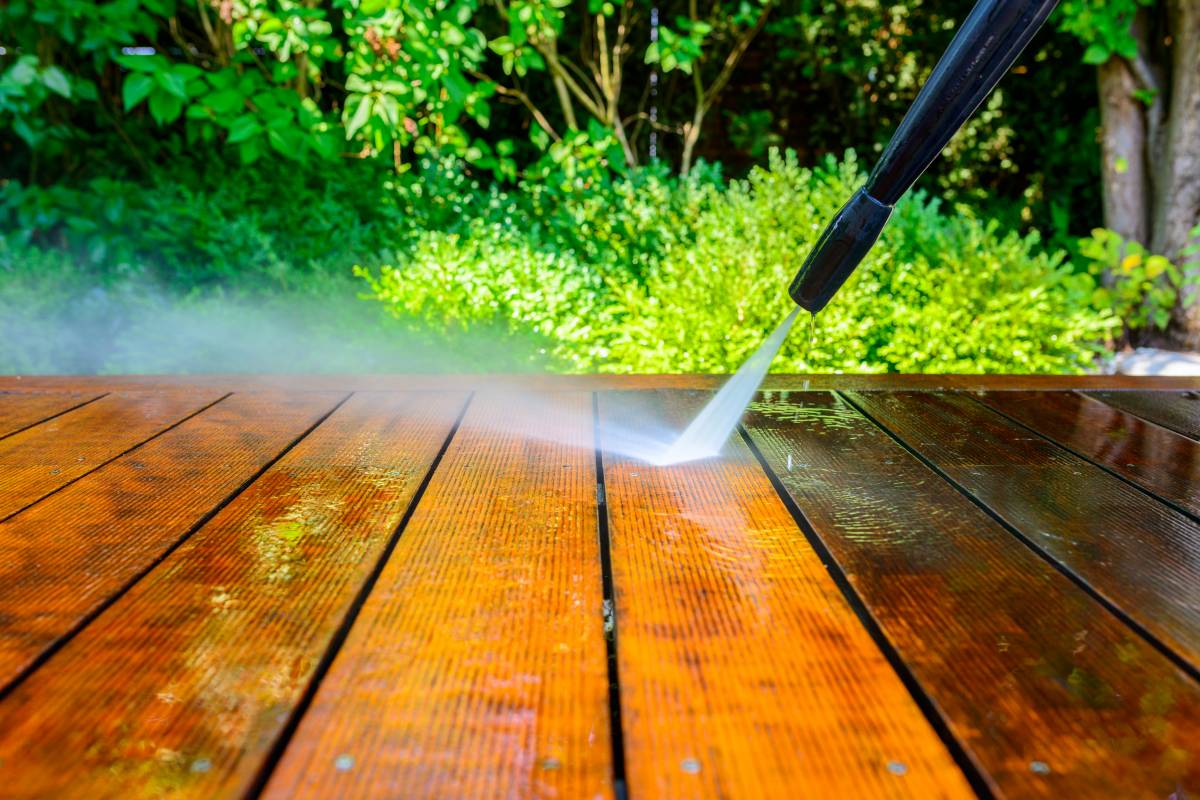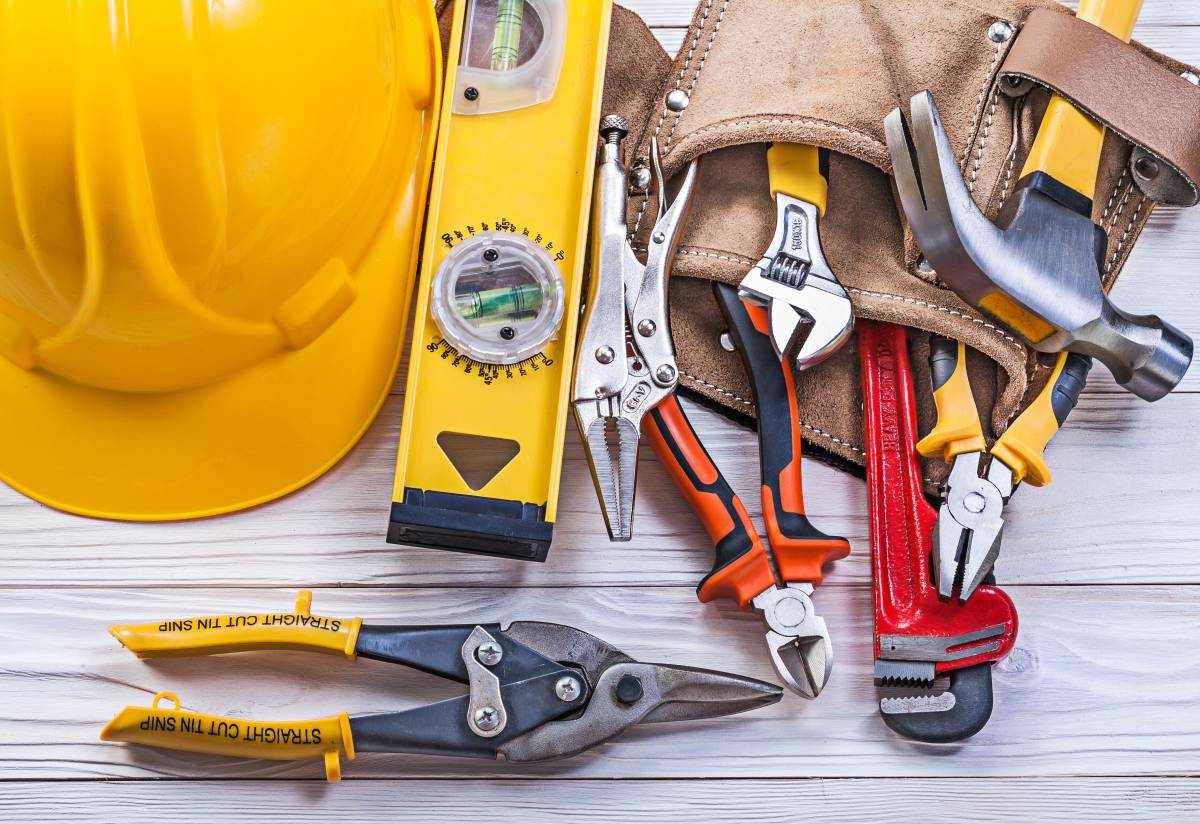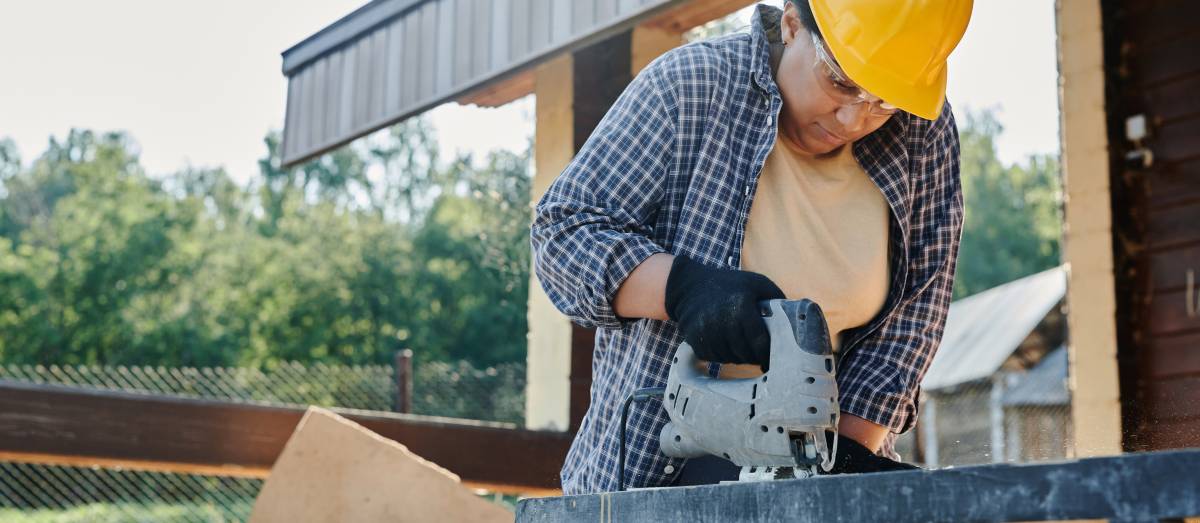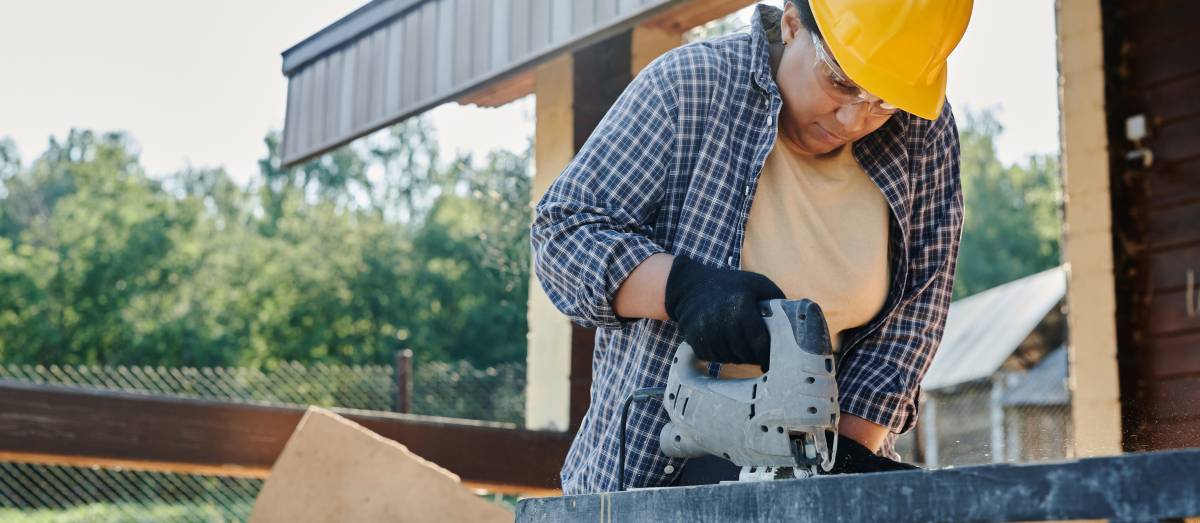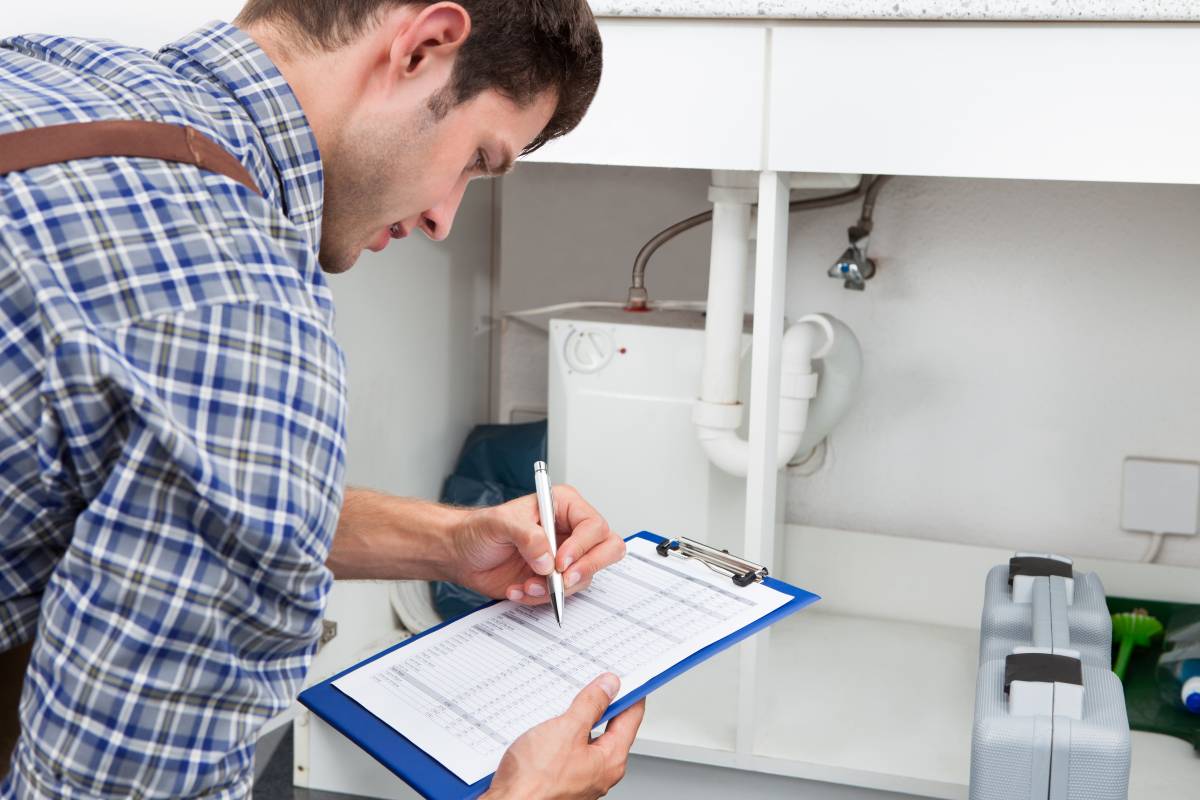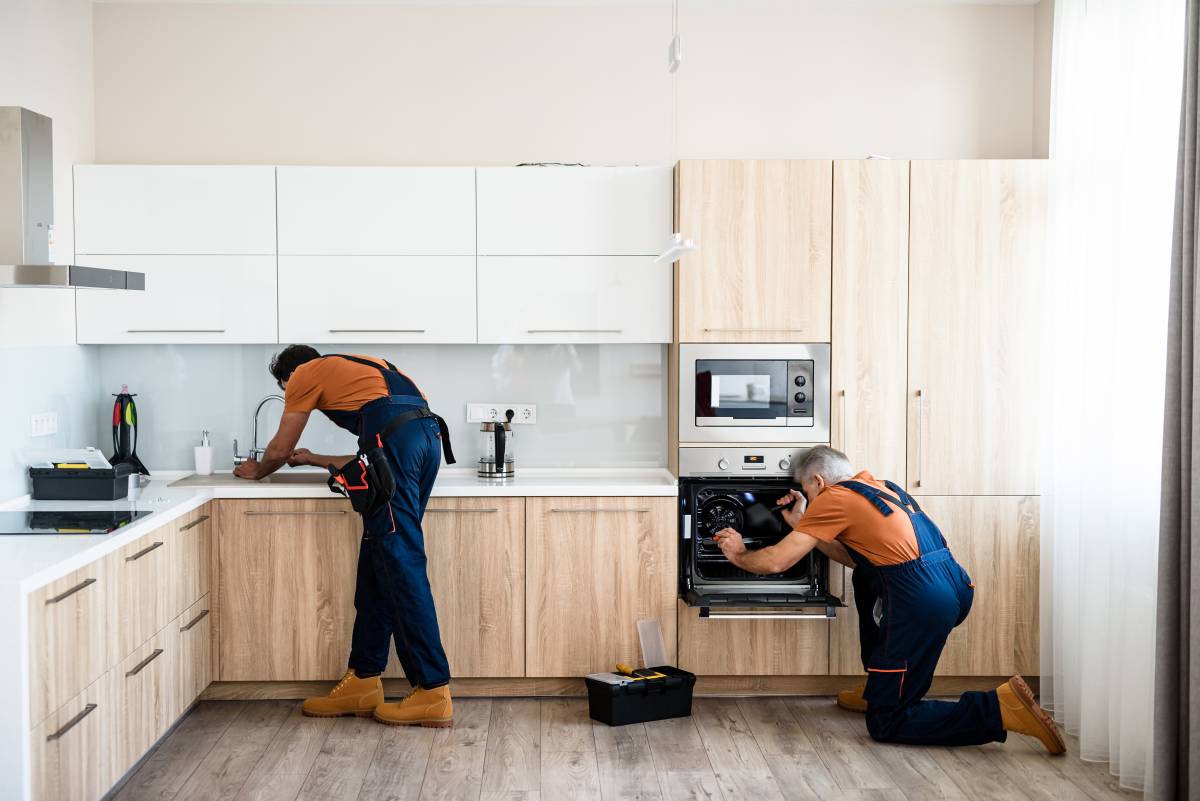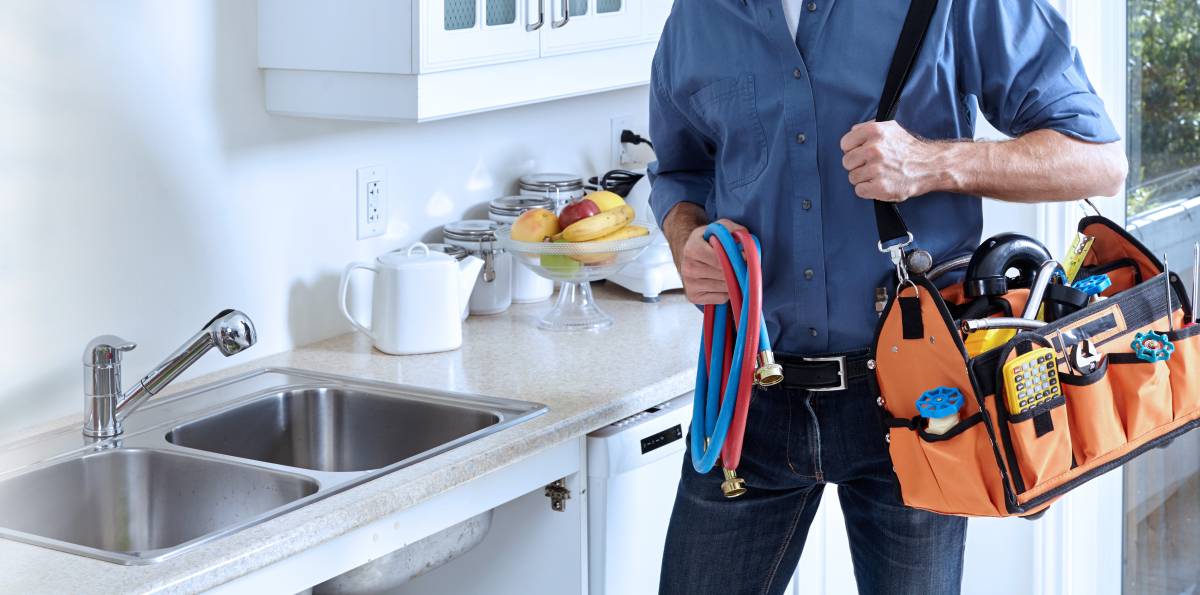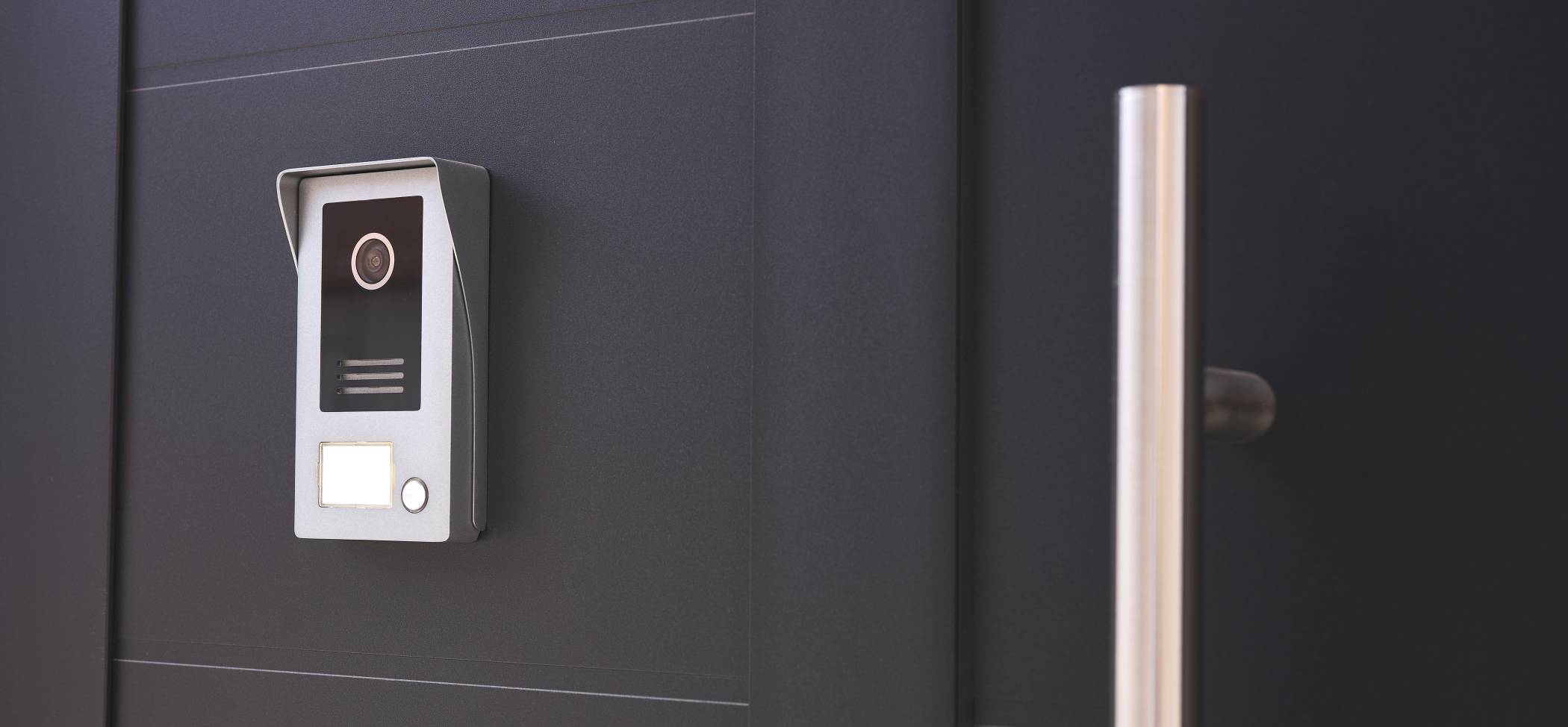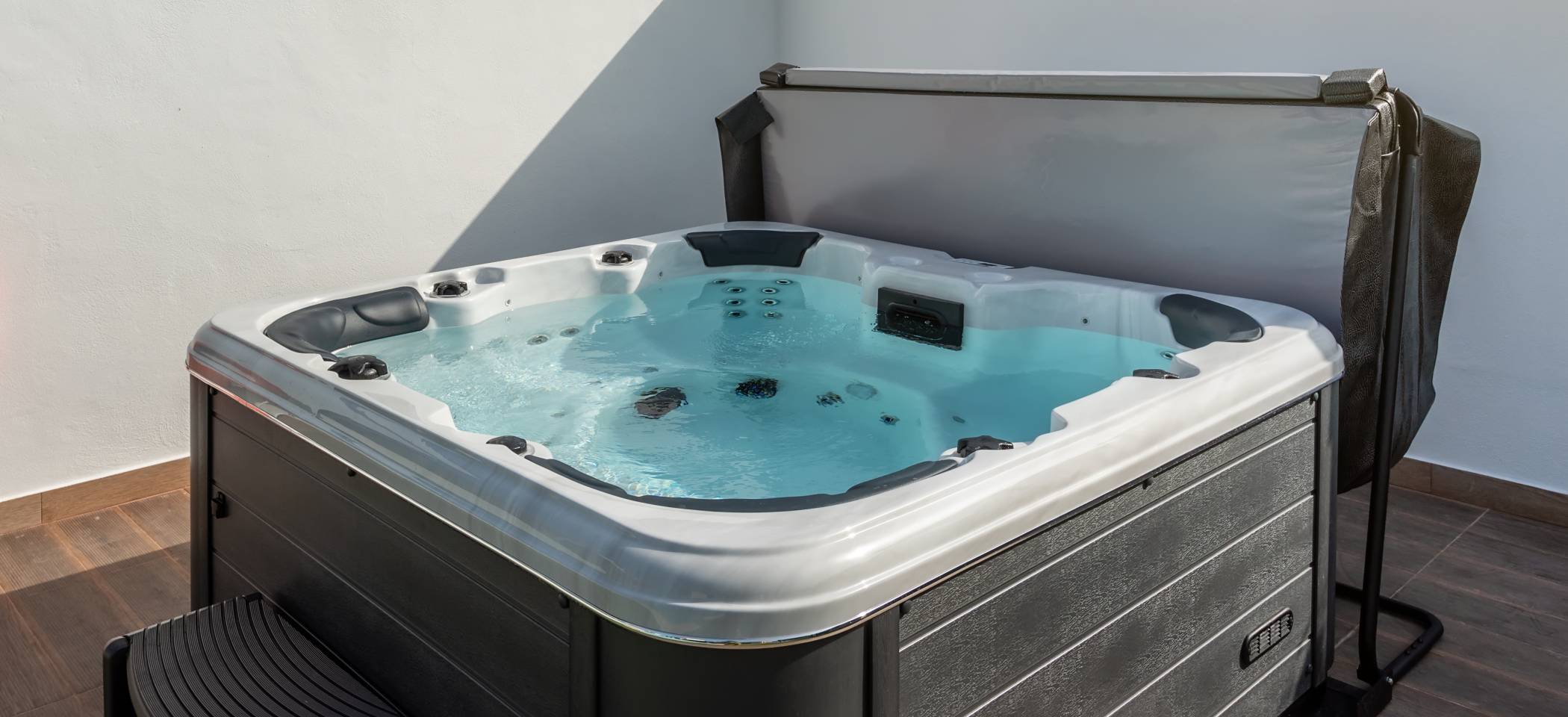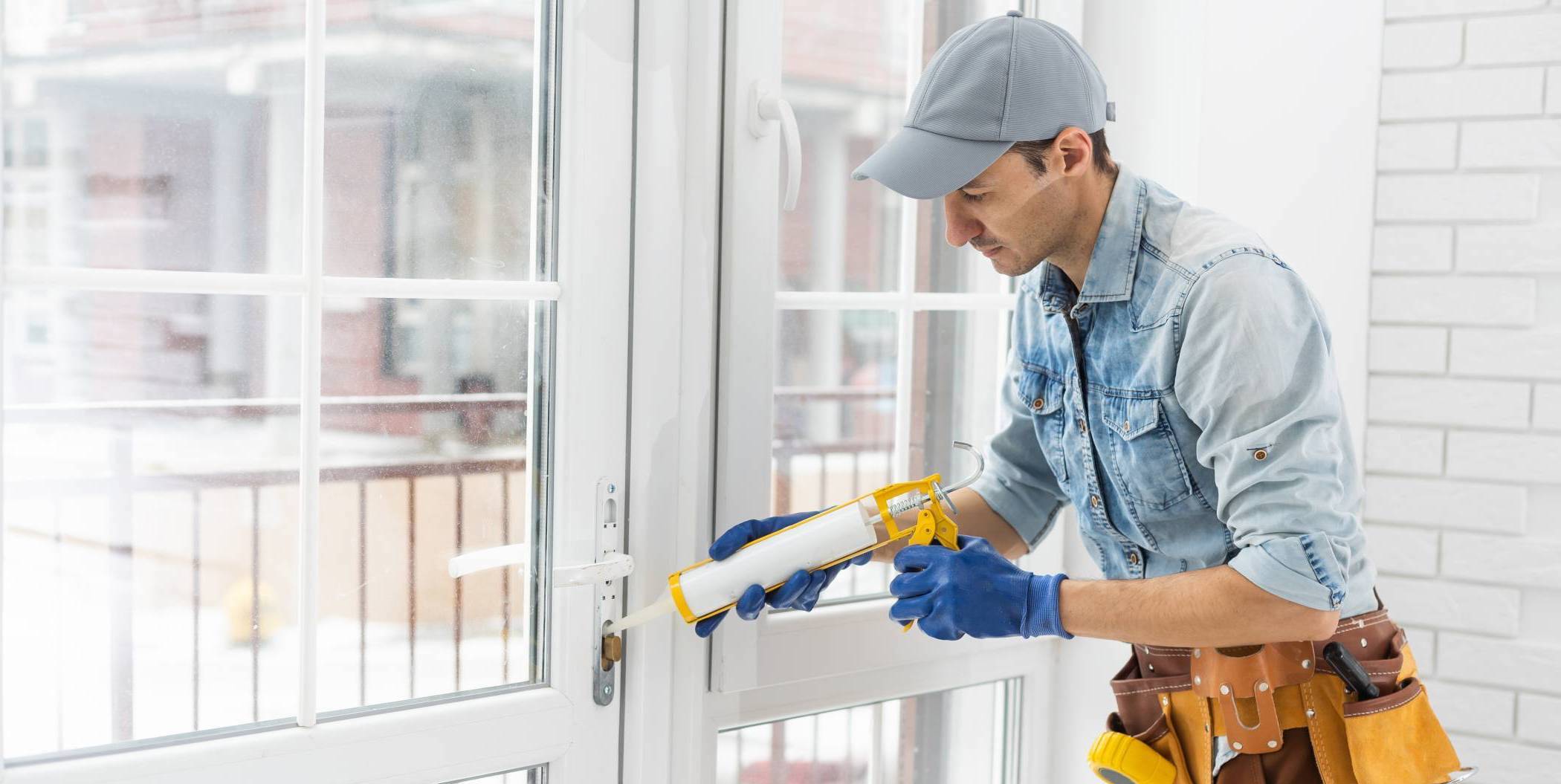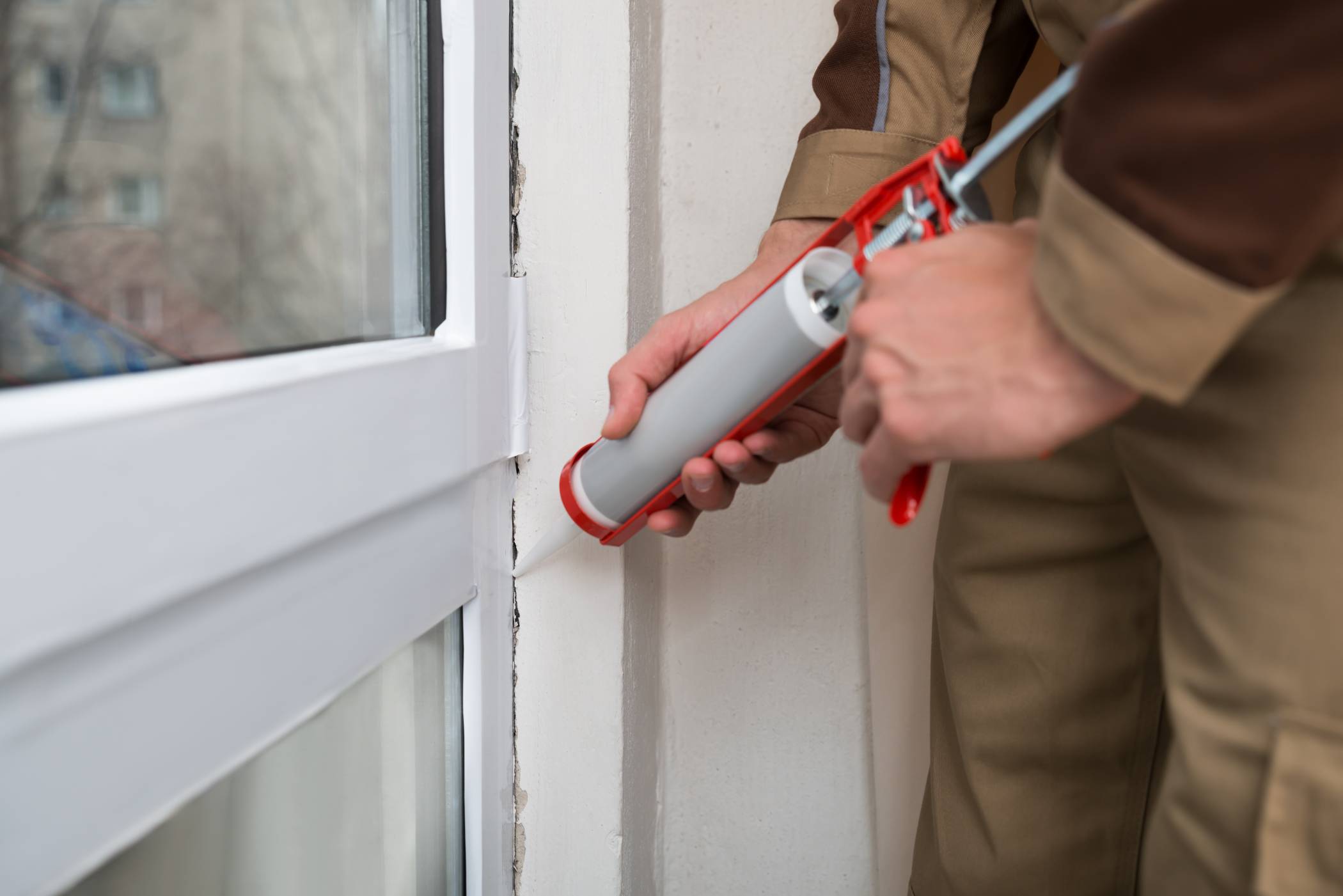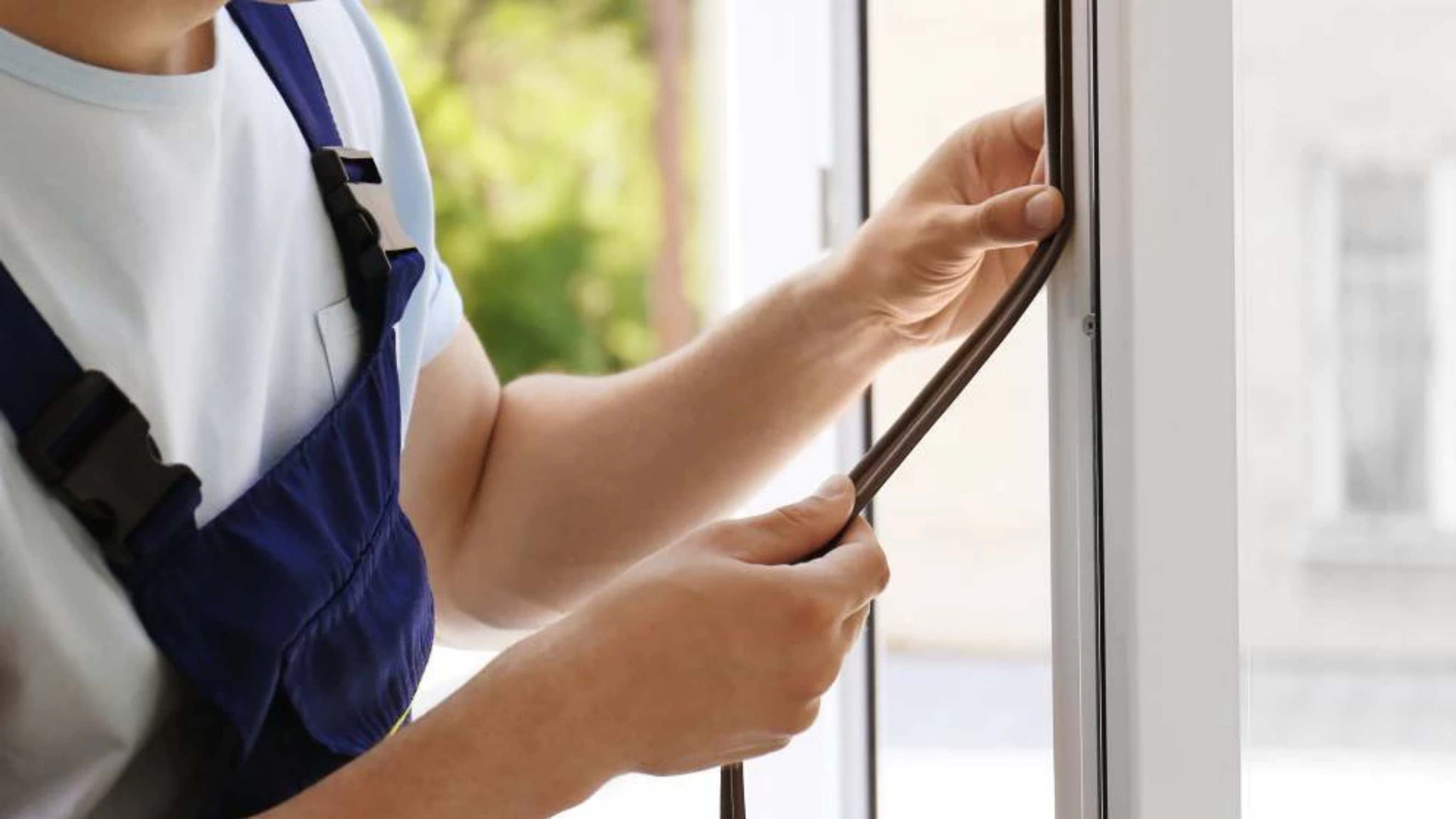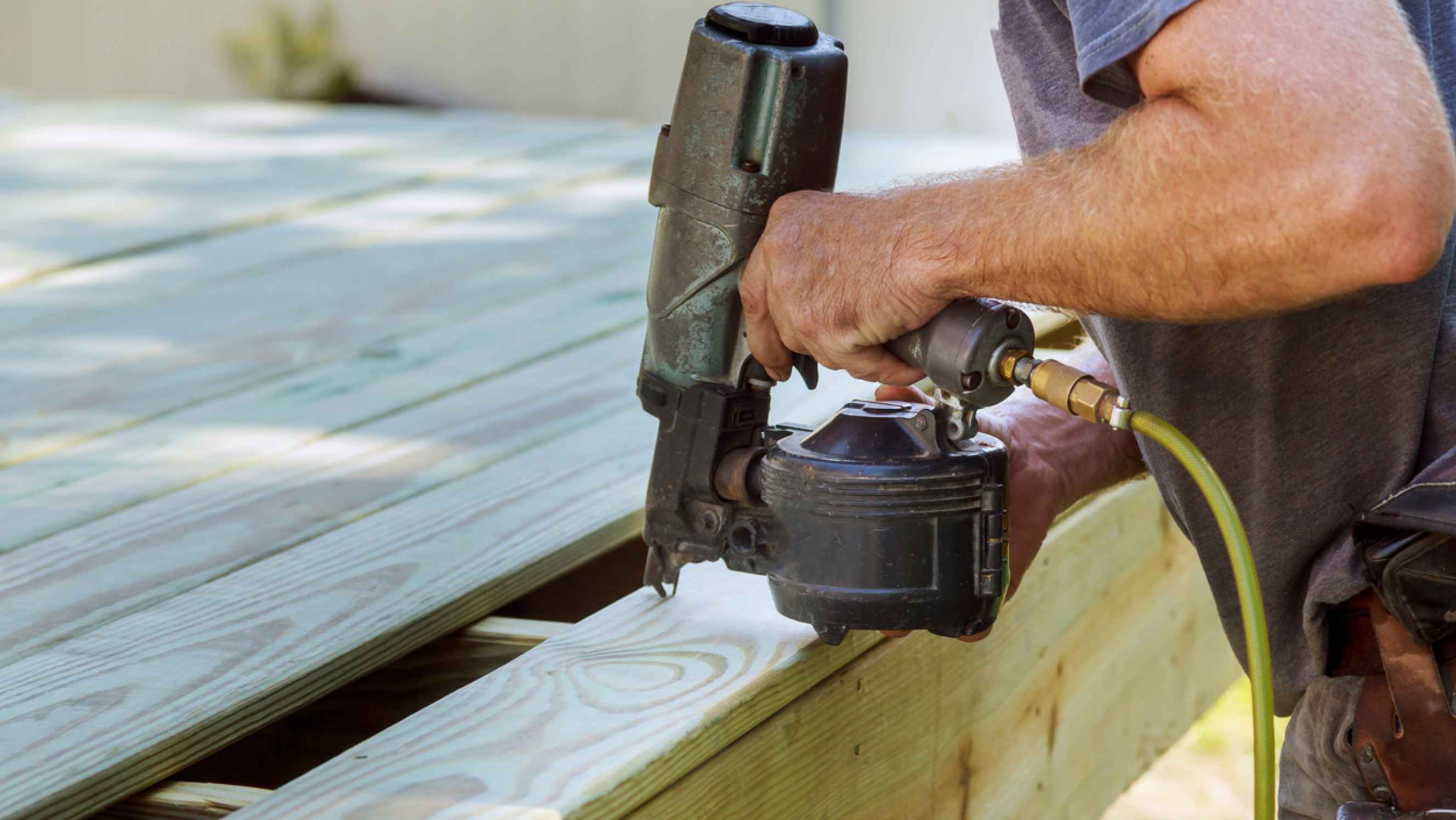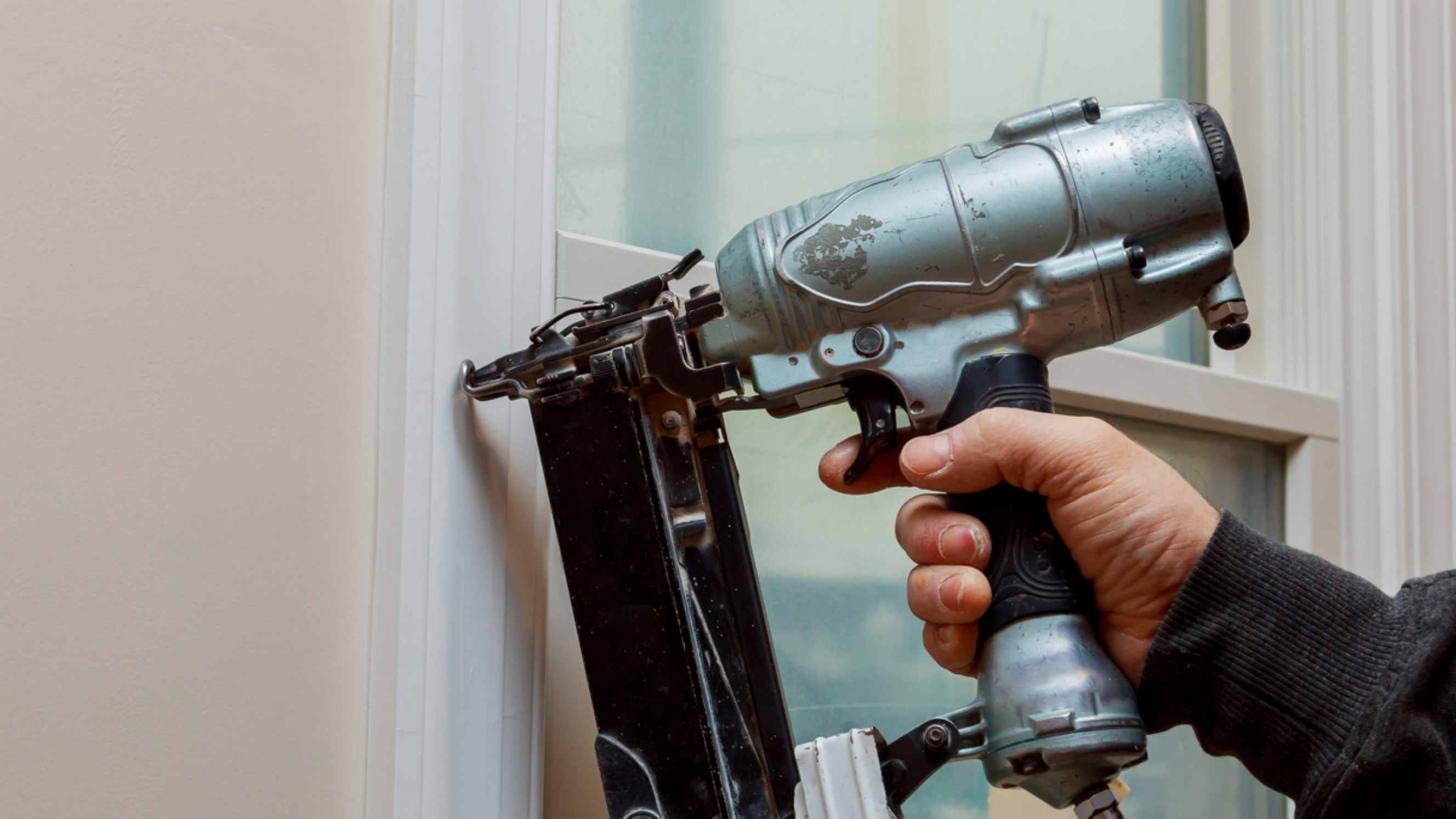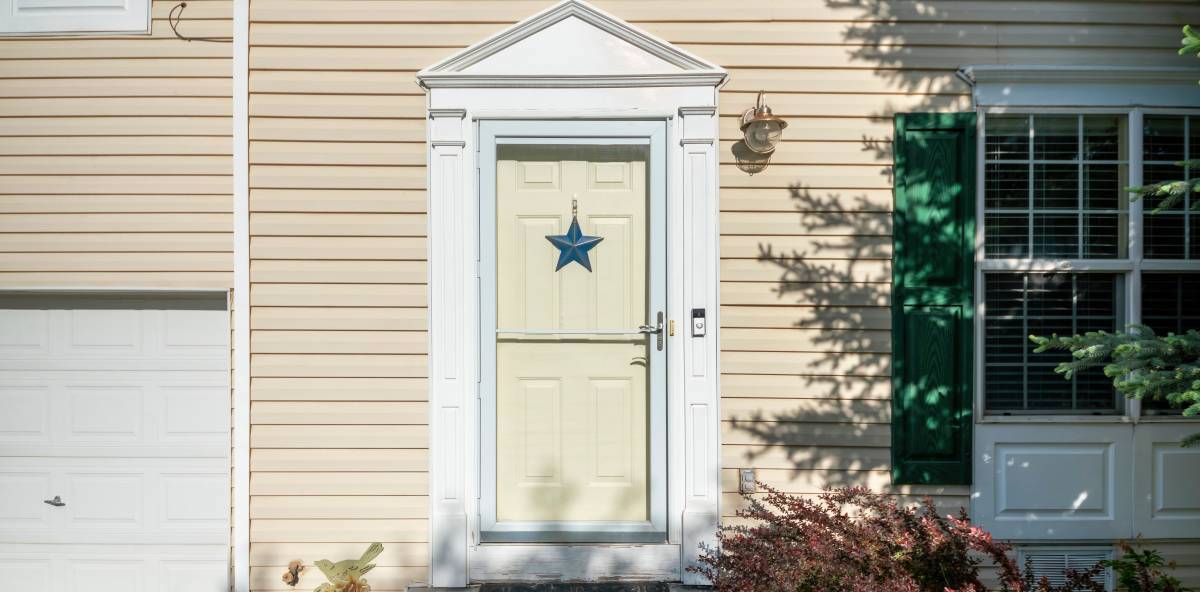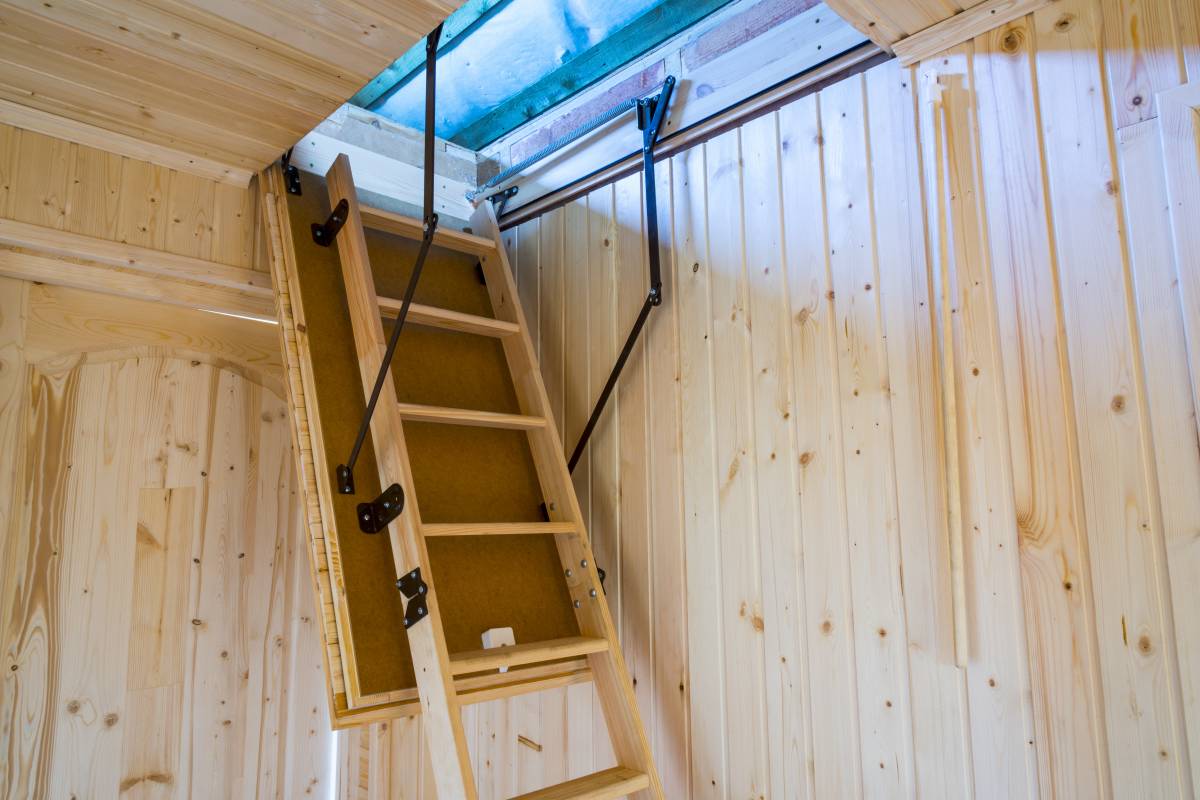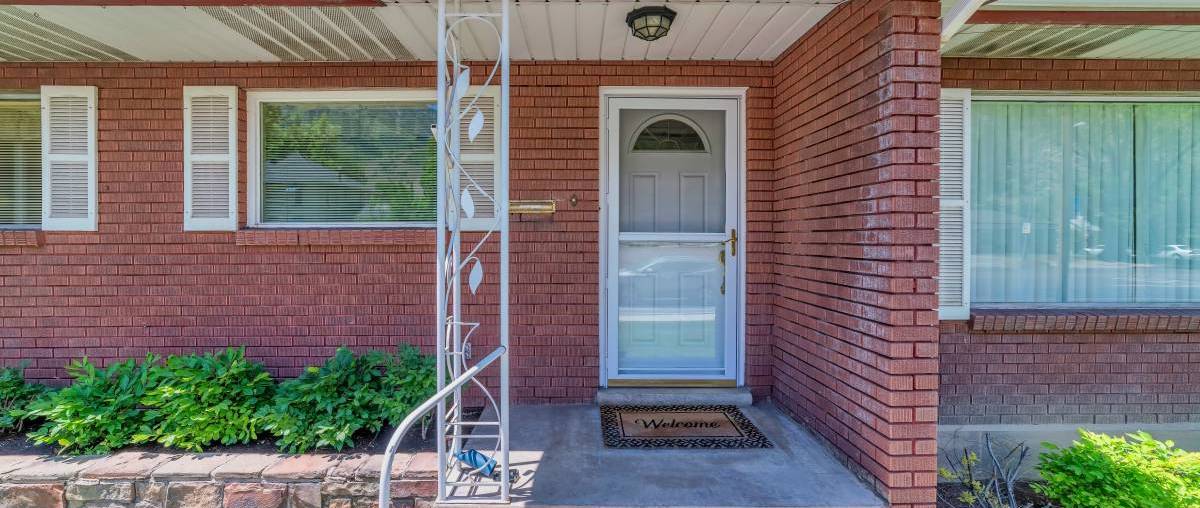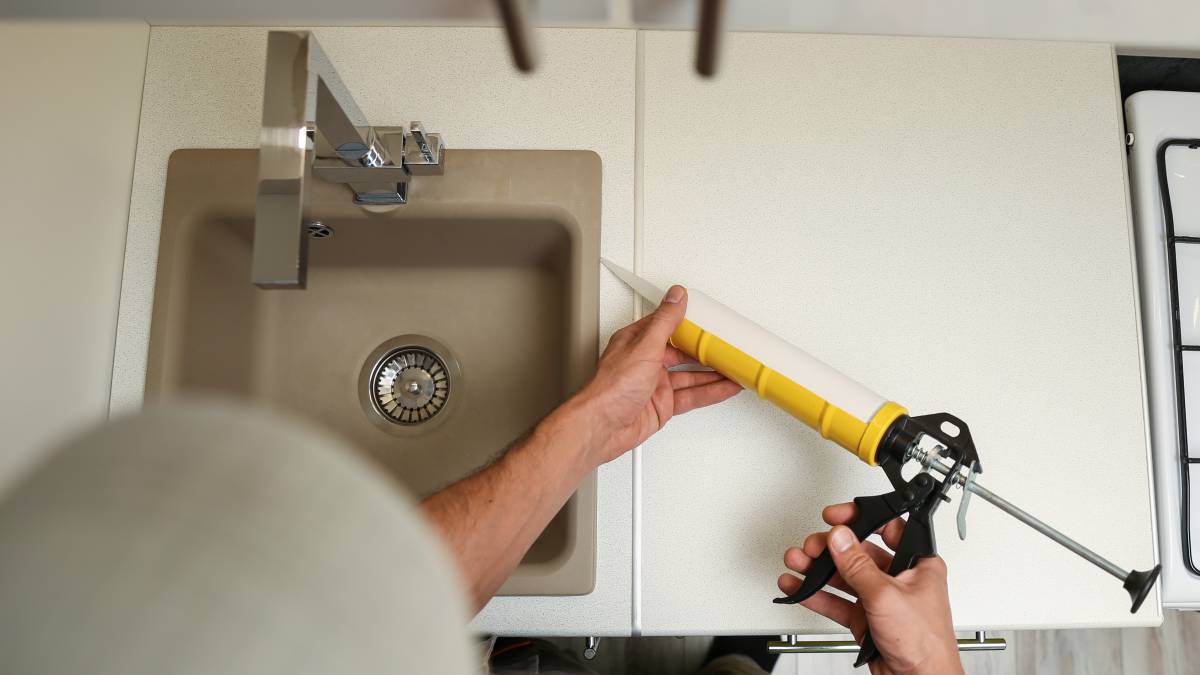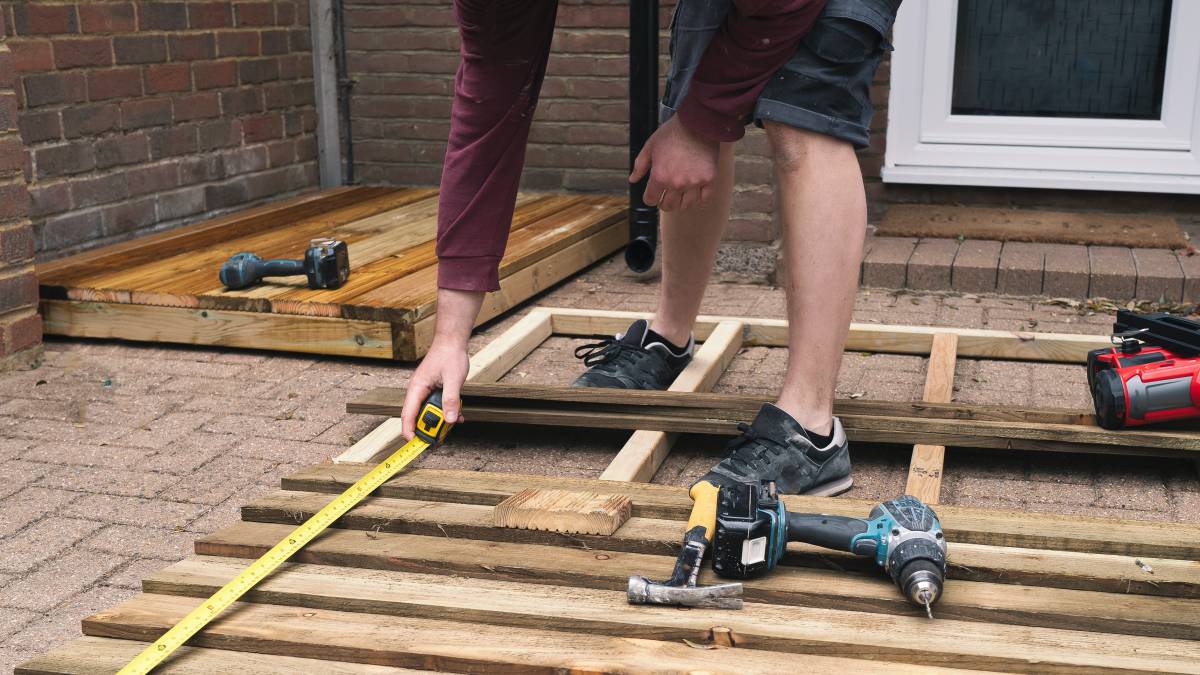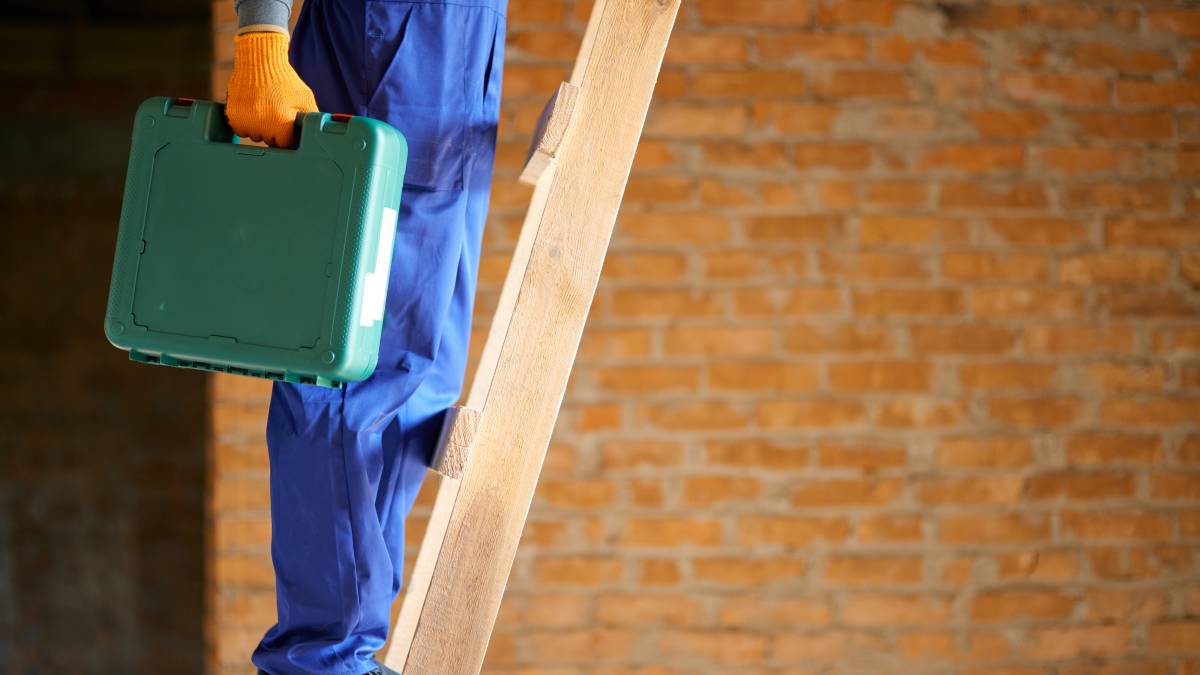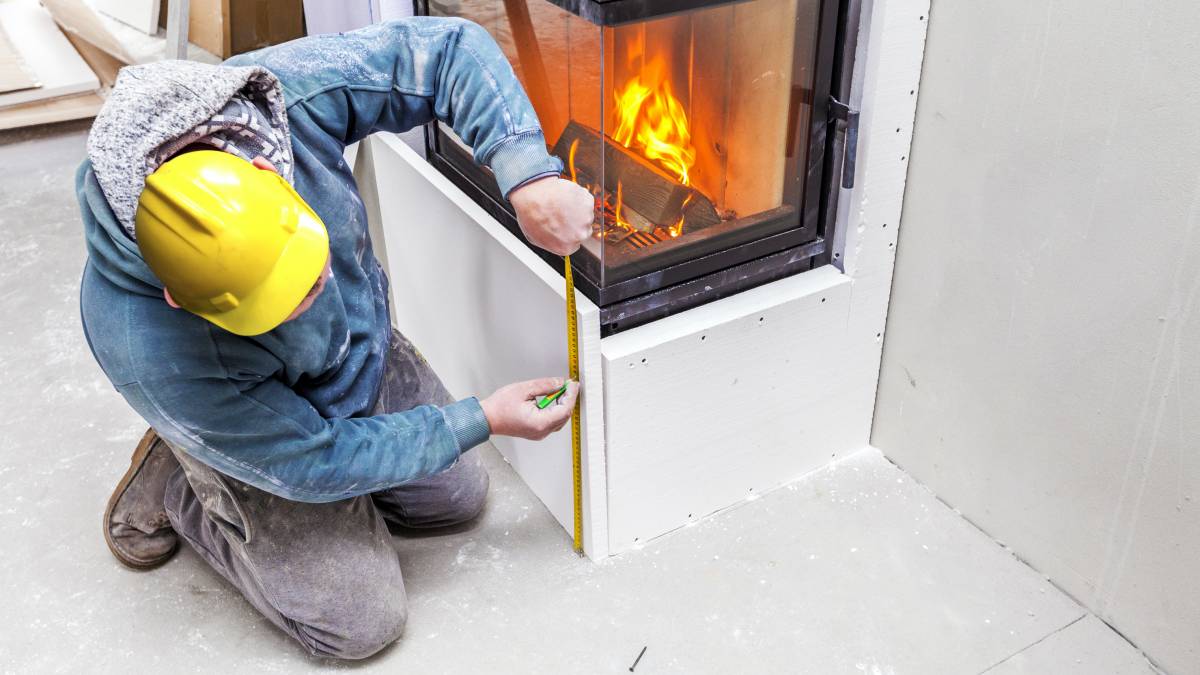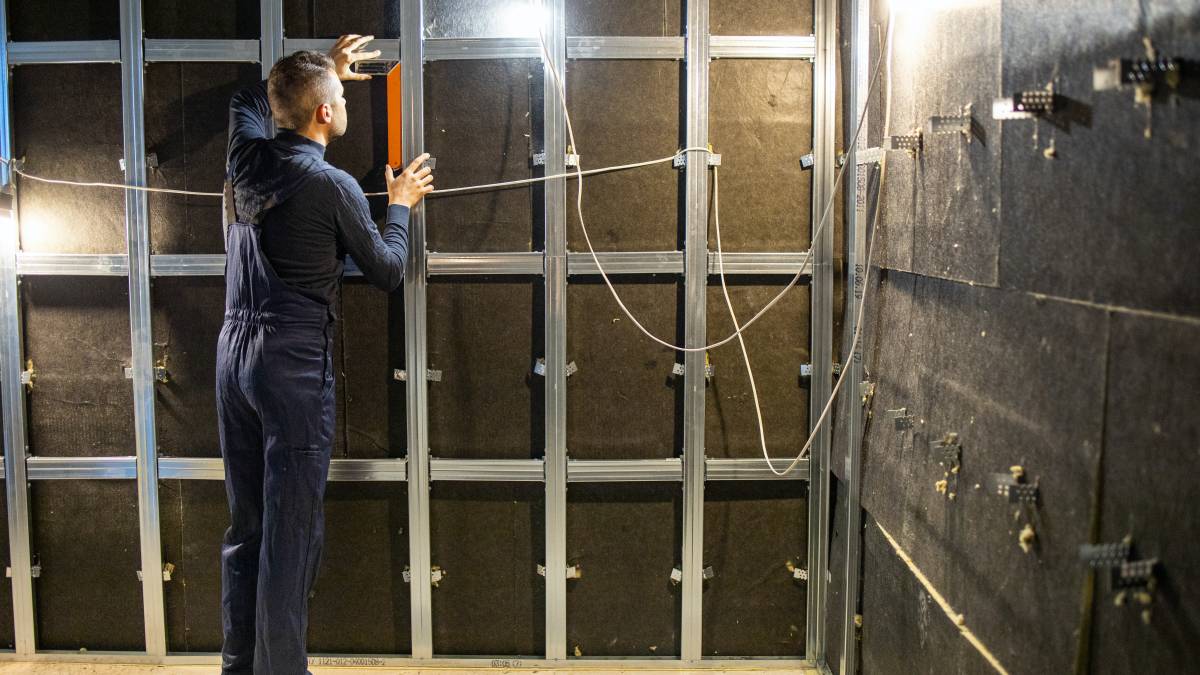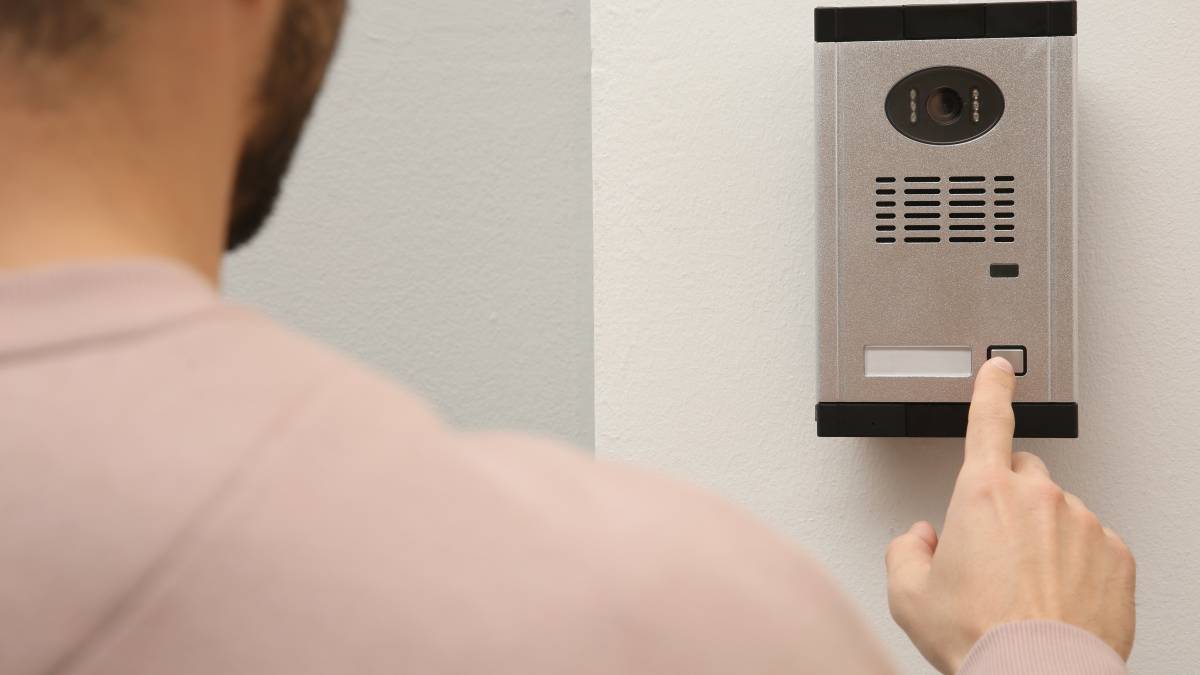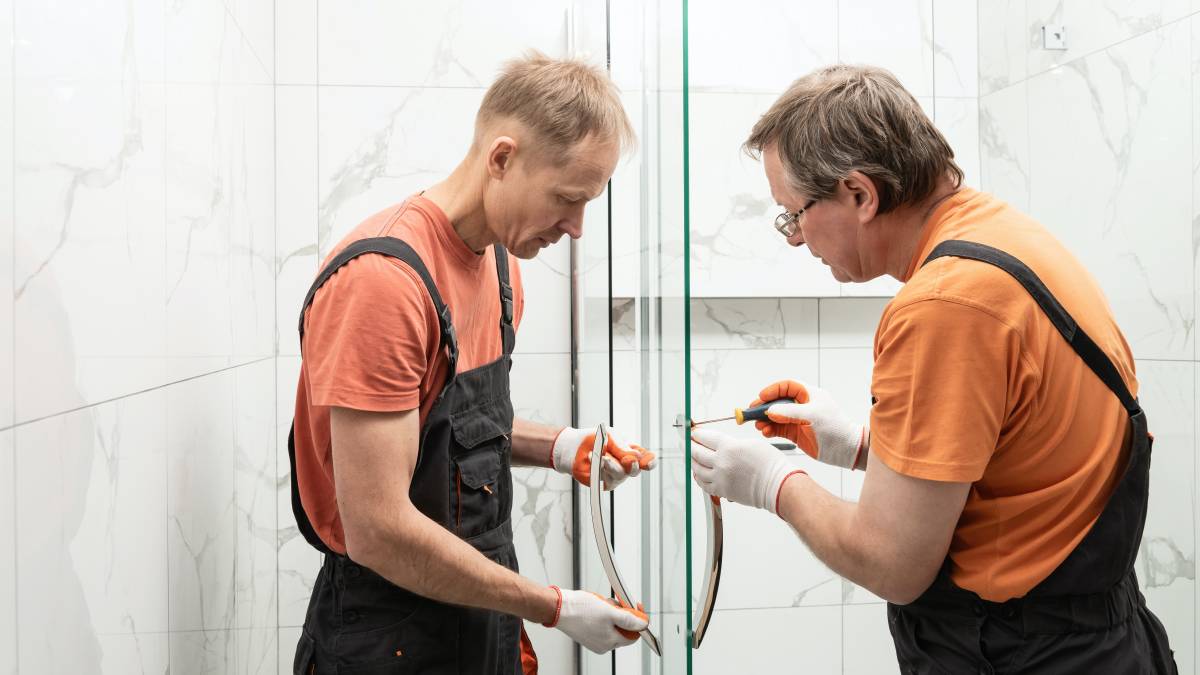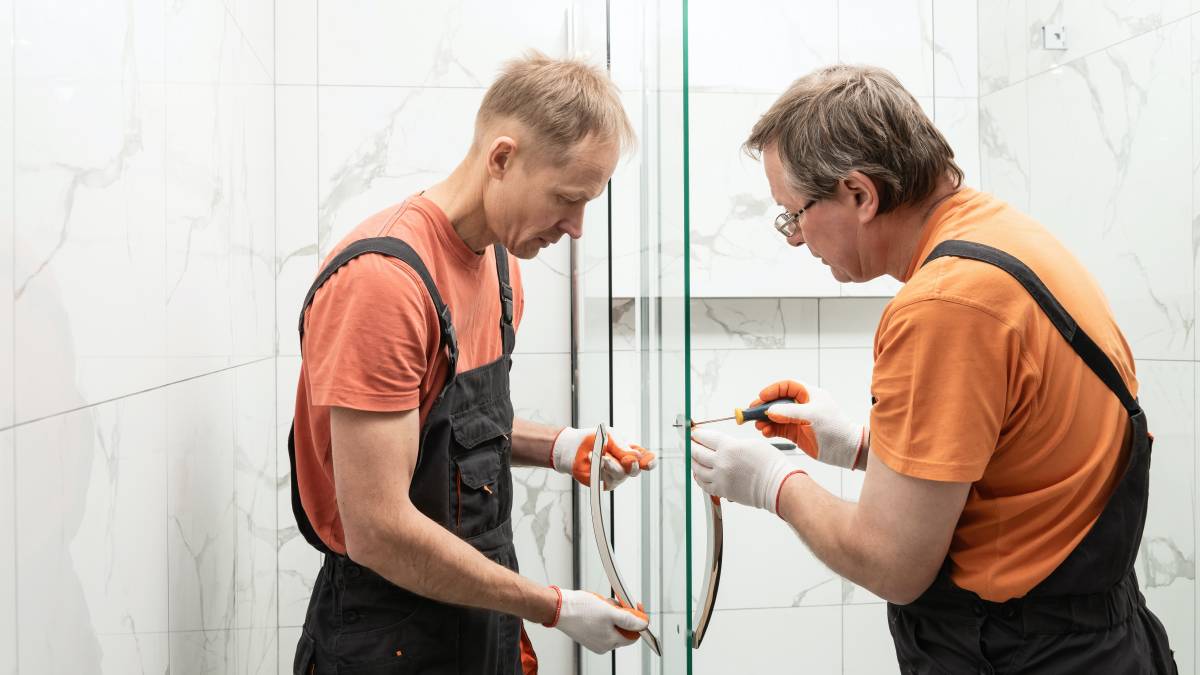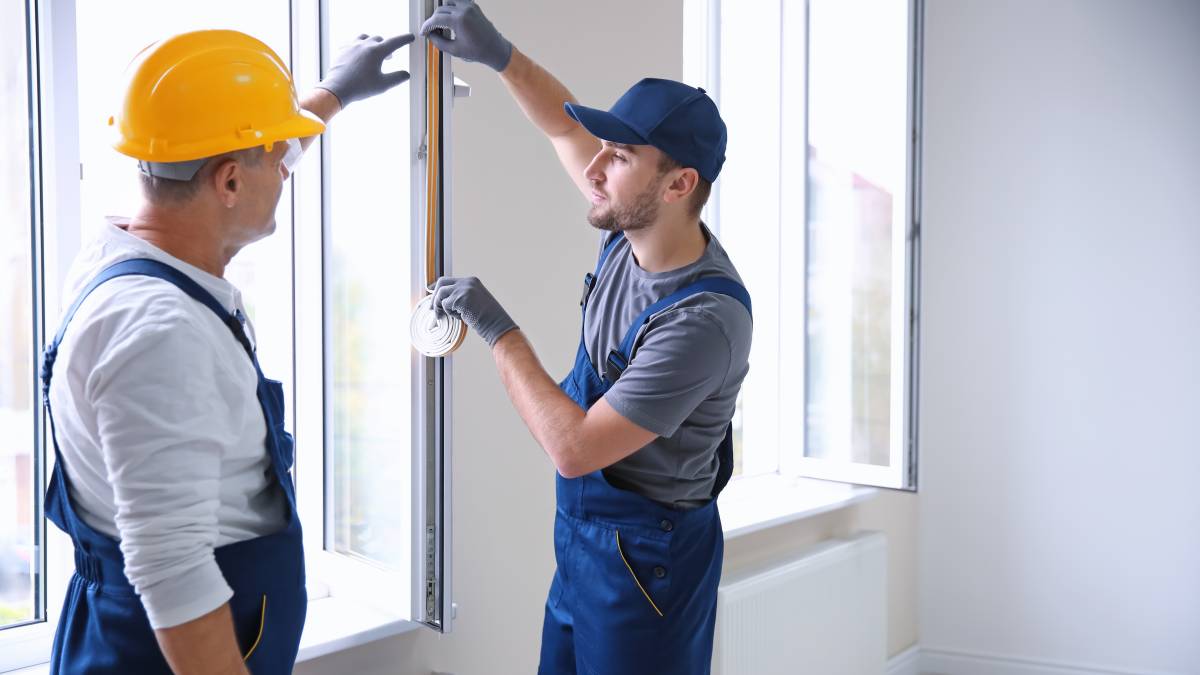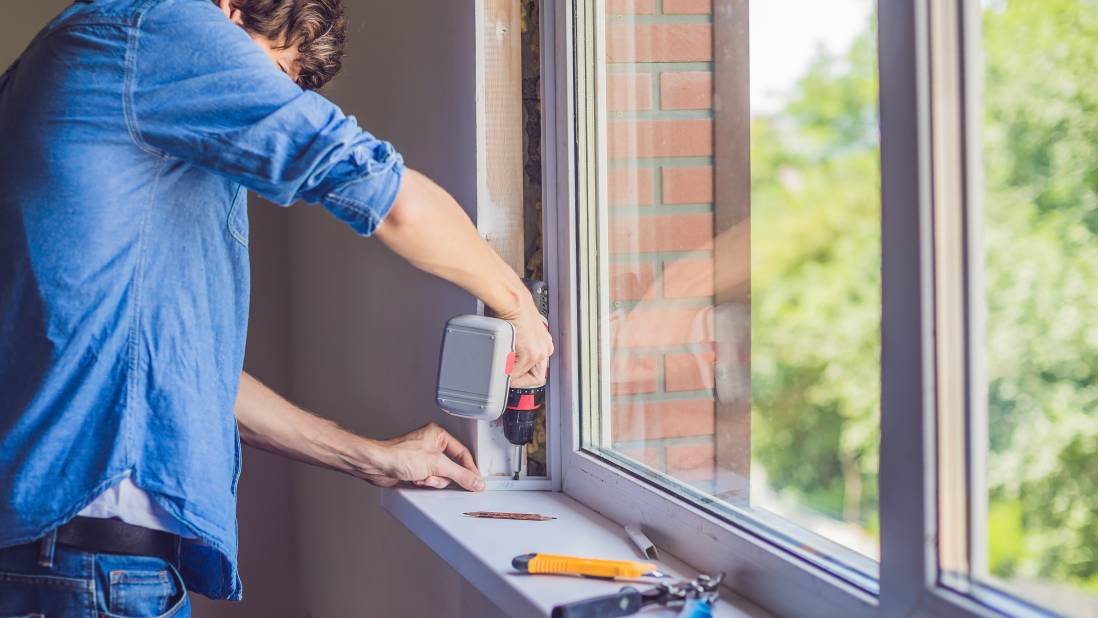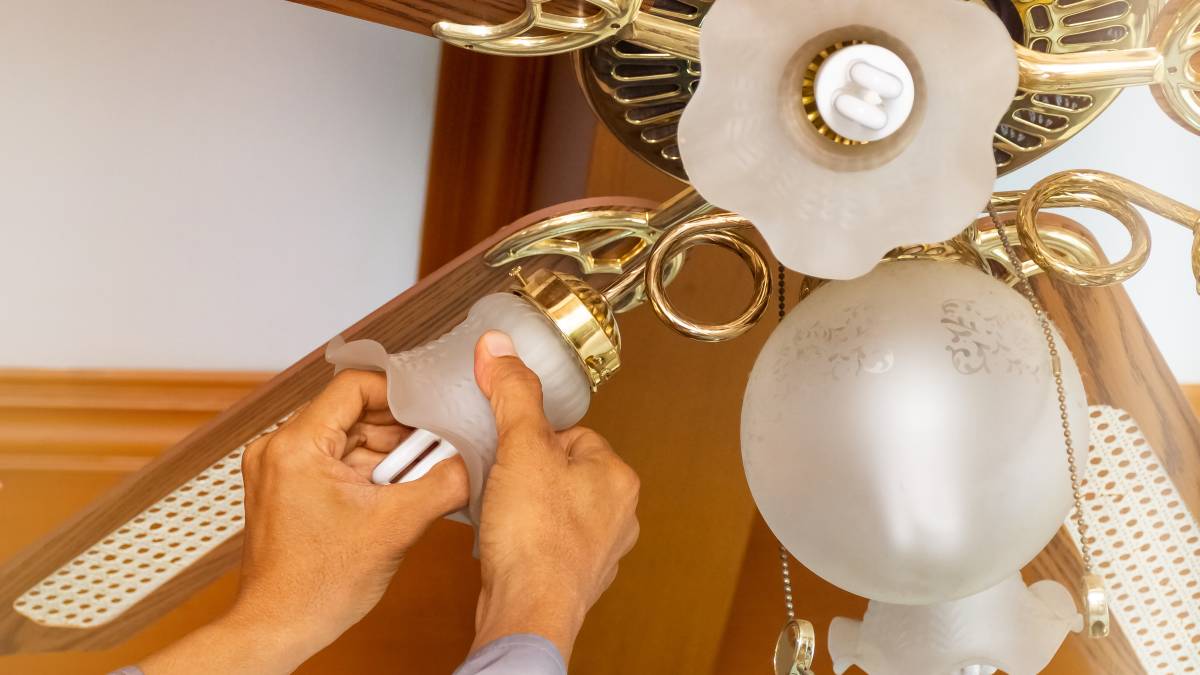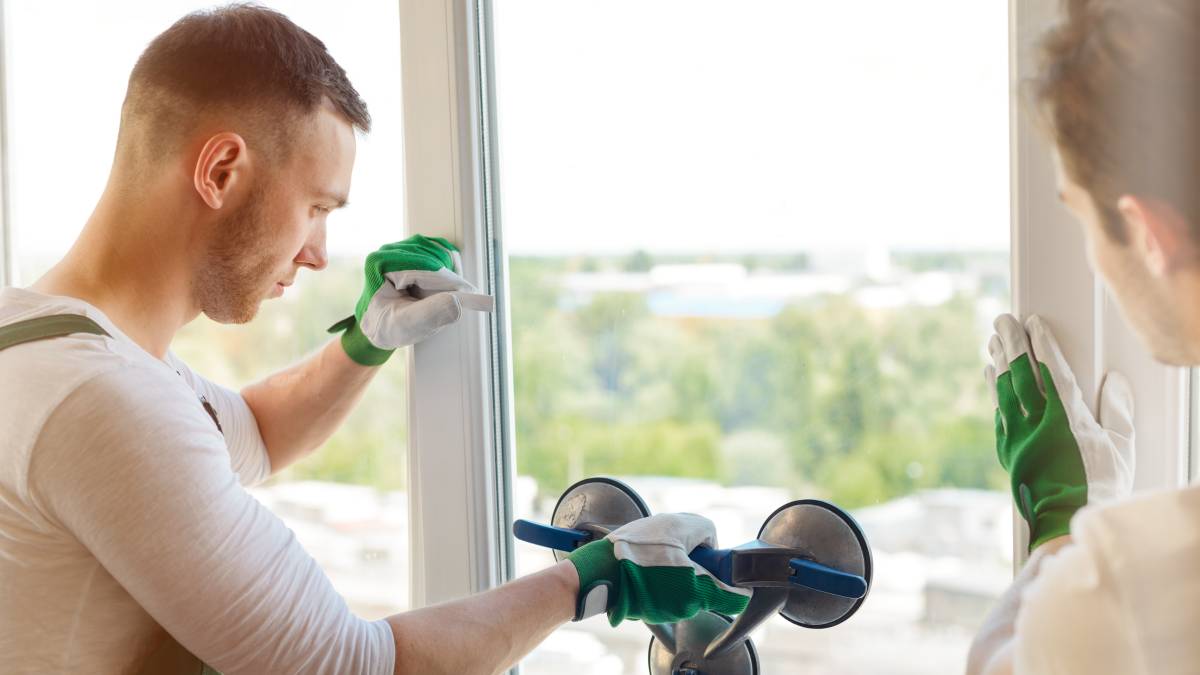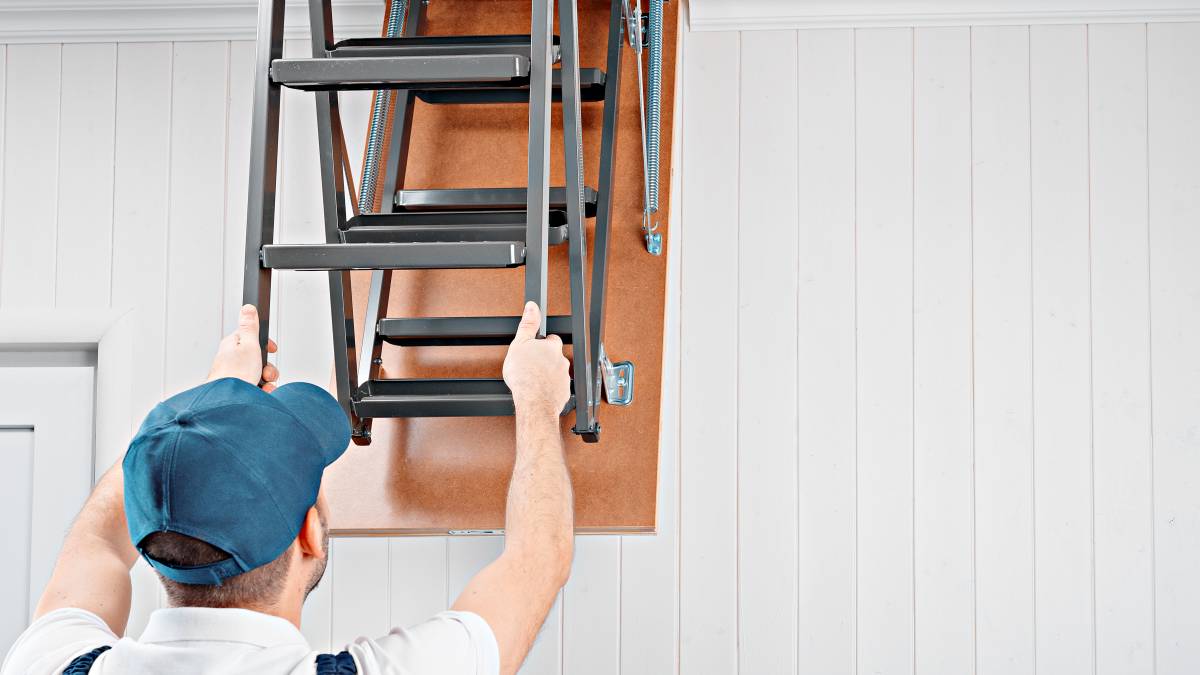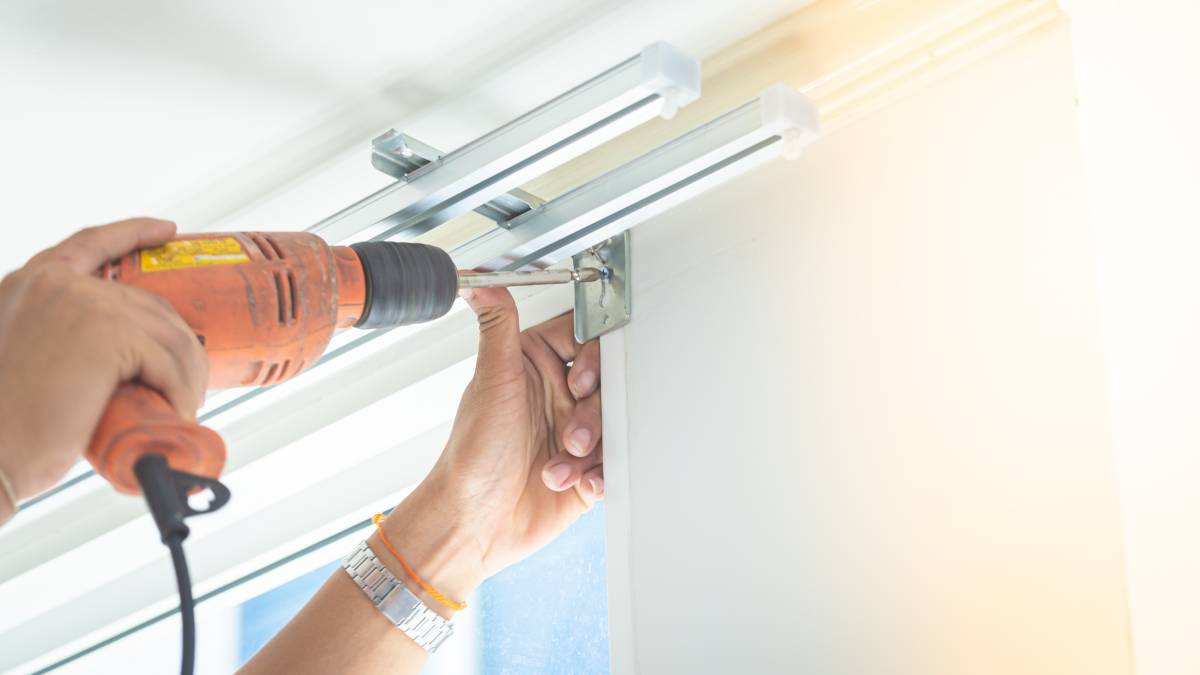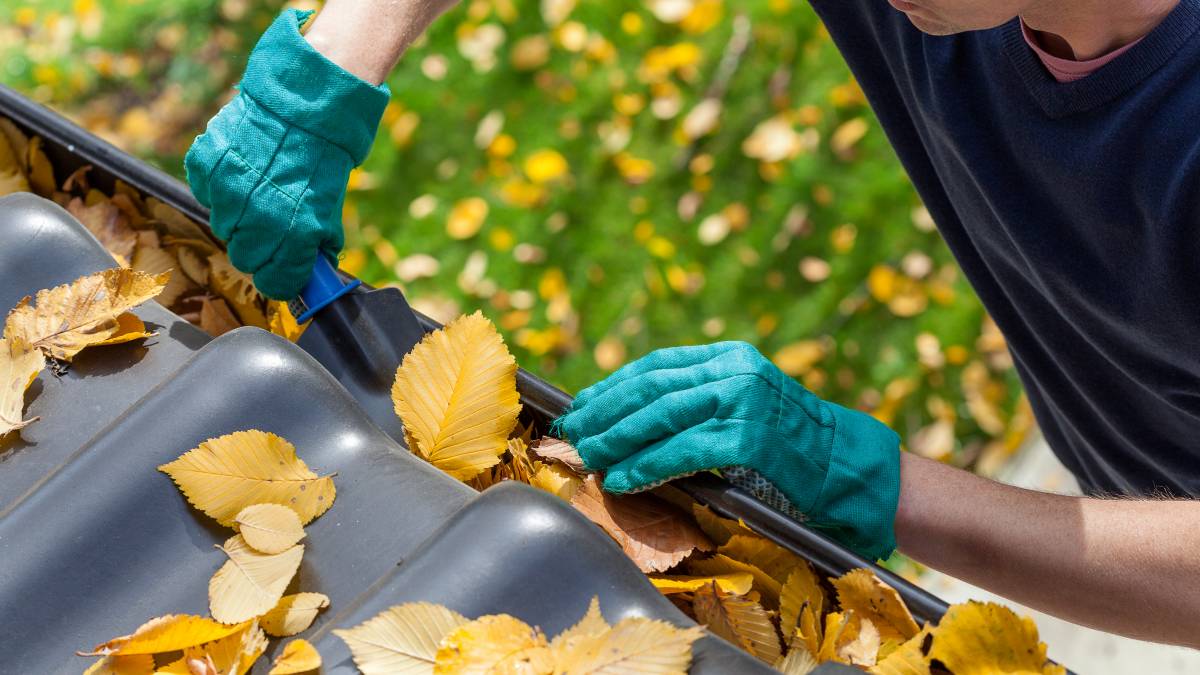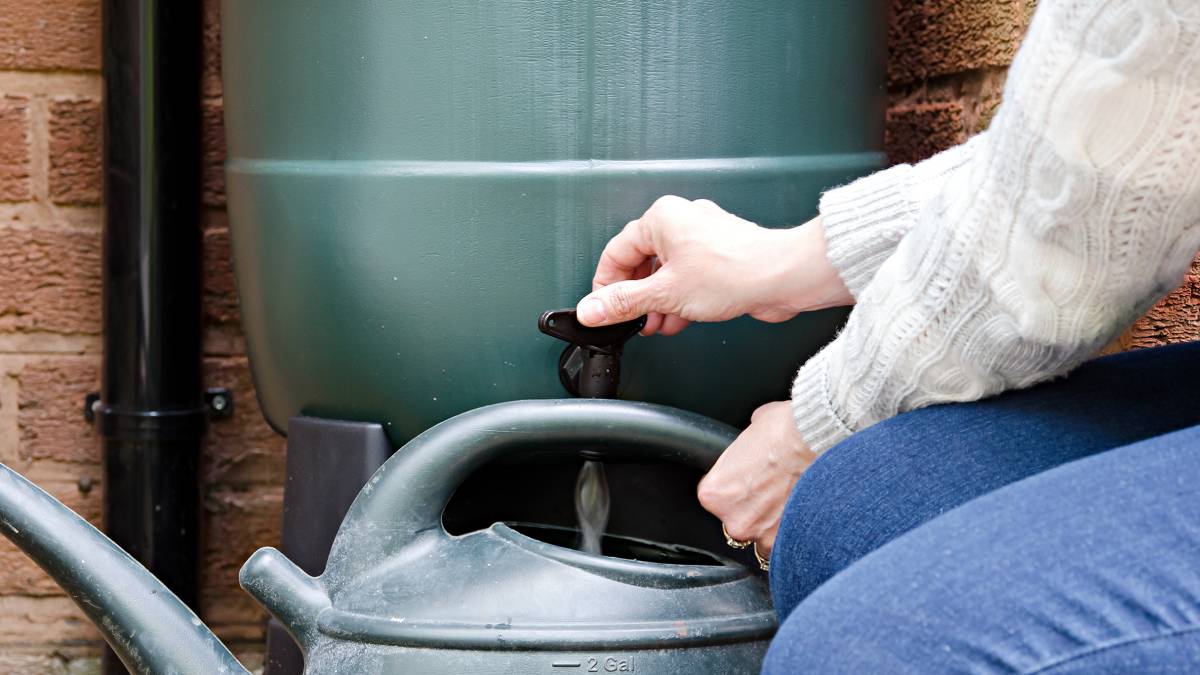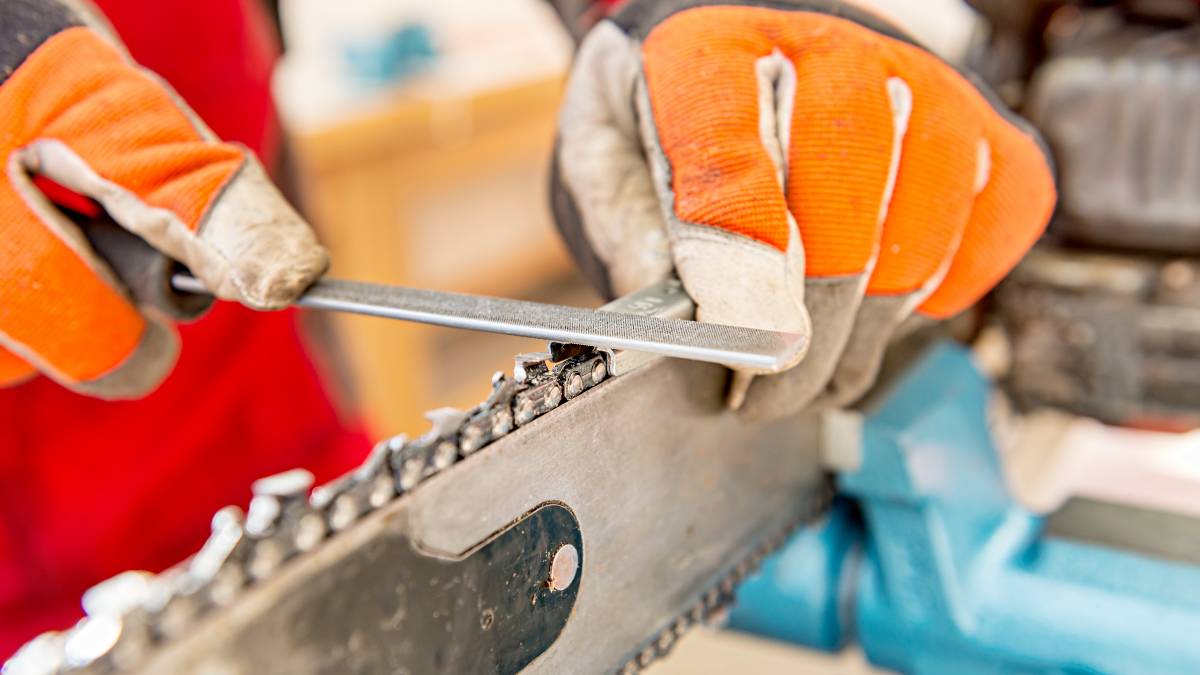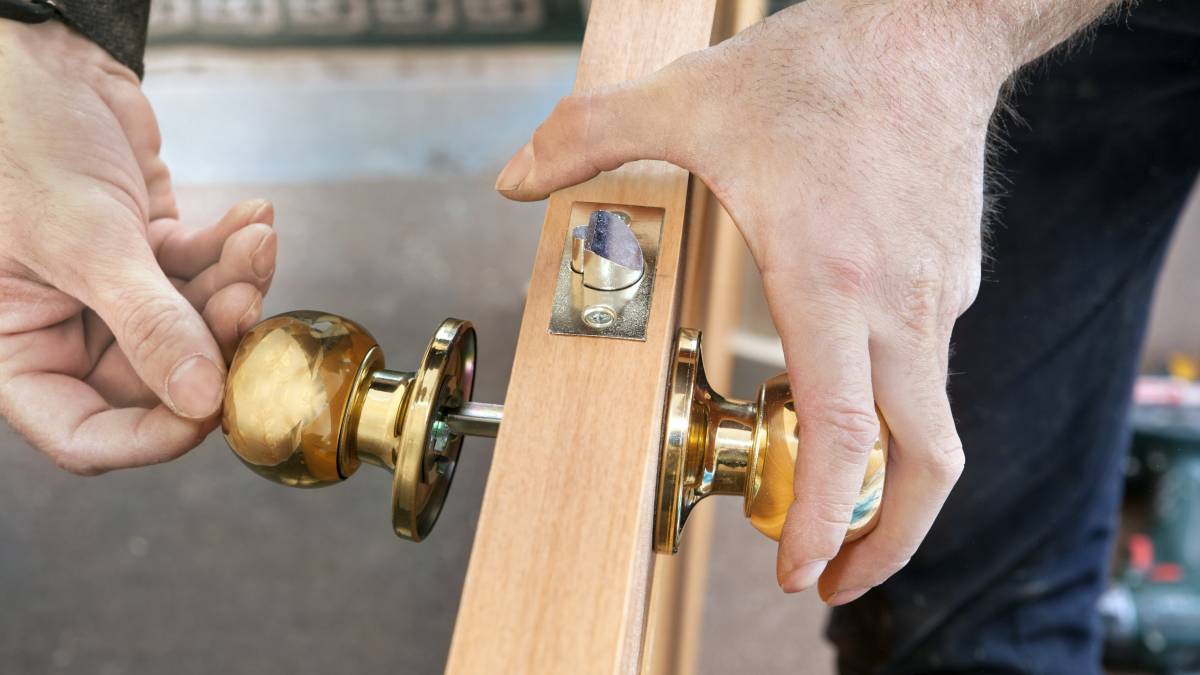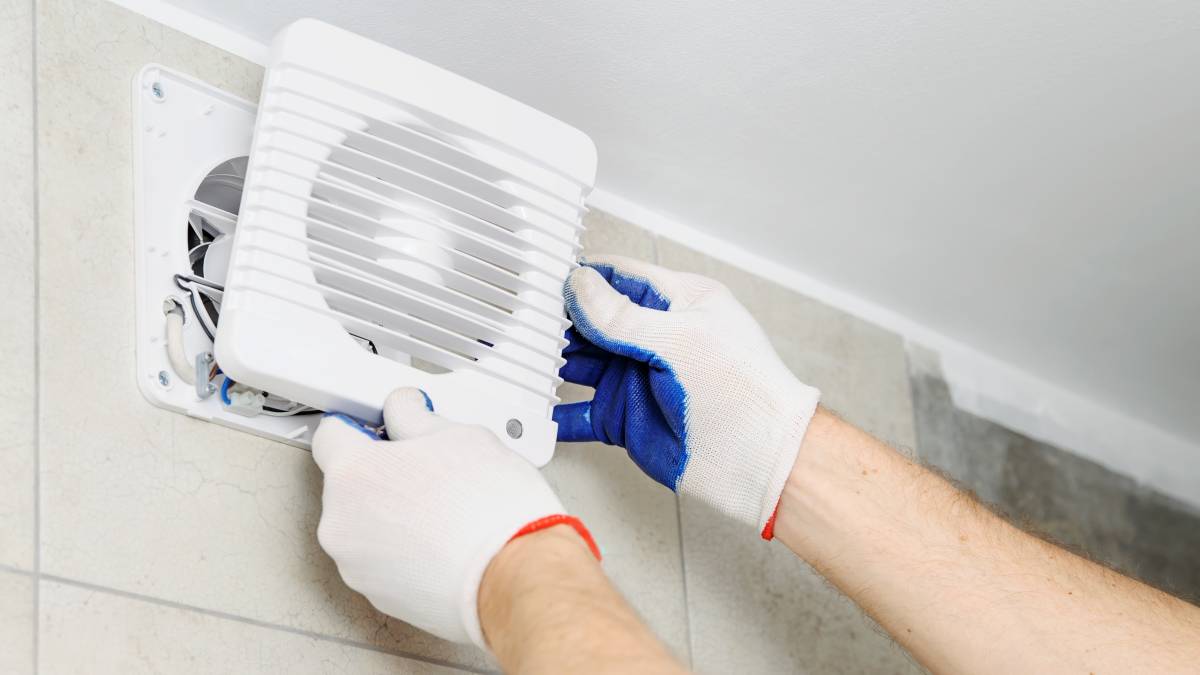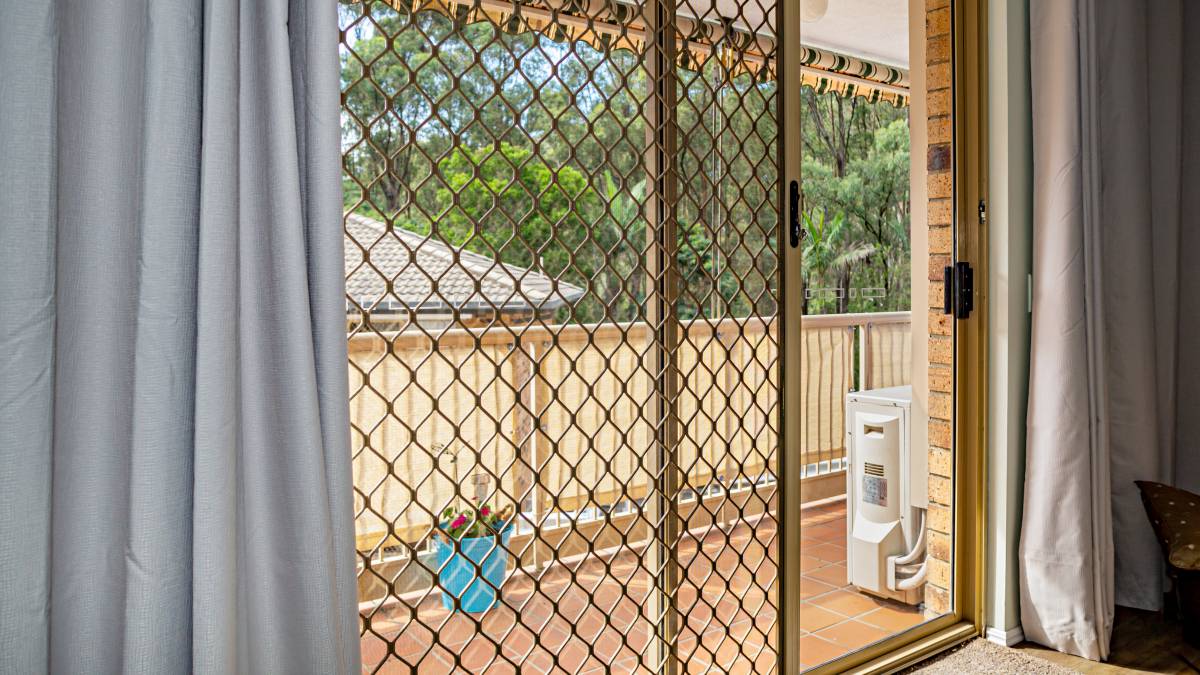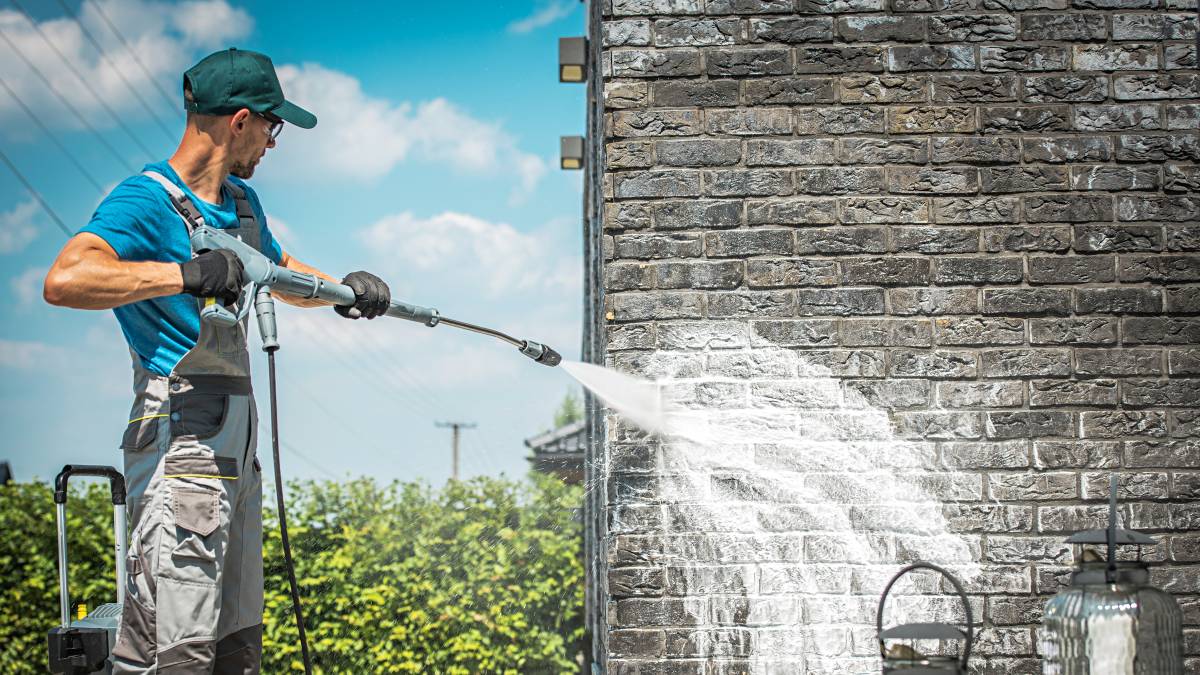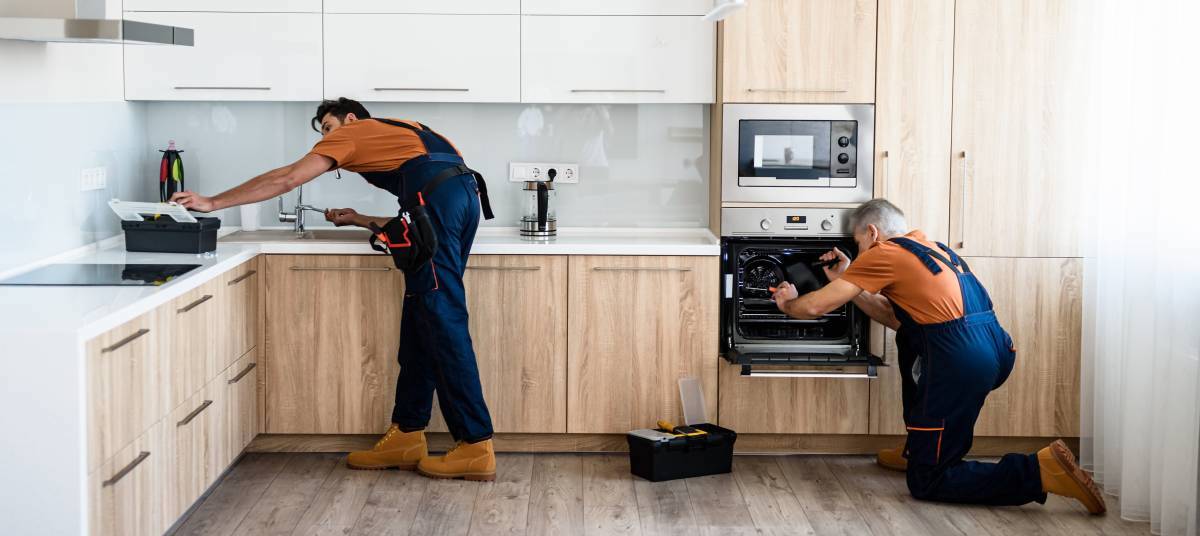
Handyman license requirements in the US
Which tasks can you do with or without a license?
Last Updated on
A handyman is equipped with the right skills and know-how to accomplish minor house repairs and general maintenance services. We brand them “jack of all trades” or “odd jobbers” since their skillsets are so diverse, and the tasks they accomplish are domestic and mundane.
However, when does an odd job stop becoming odd and start requiring a license? Keep reading to find out the answer and more about handyman licenses in the US.
Do you need a license to be a handyman?
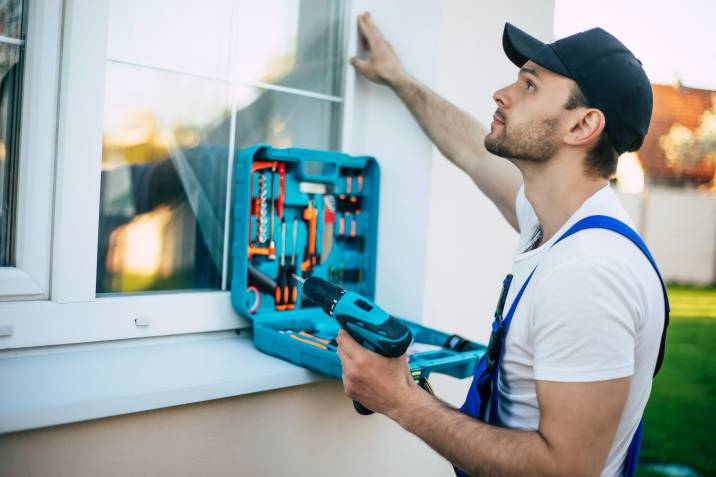
It depends. To determine if you need a license, we have to consider three important factors: your location (a.k.a. the state you live in), the scale or cost of the project, and the type of service needed.
Location: States impose varying rules regarding handyman licensing. While some states do not require a license, their cities or local communities do. Other states do not require a state-level license provided they operate independently without help. In most states, though, whether you need a license to be a handyman depends on factor #2: project cost.
Project cost: In certain states, work that costs as low as $500 may need a license. A few states allow handymen to work without a license if the job doesn't cost more than $50,000.
Type of service: No matter where you live in the US, you will need licenses and further qualifications if you intend to provide specialized handyman services like plumbing, electrical, HVAC, and structural work.
How to get a handyman license
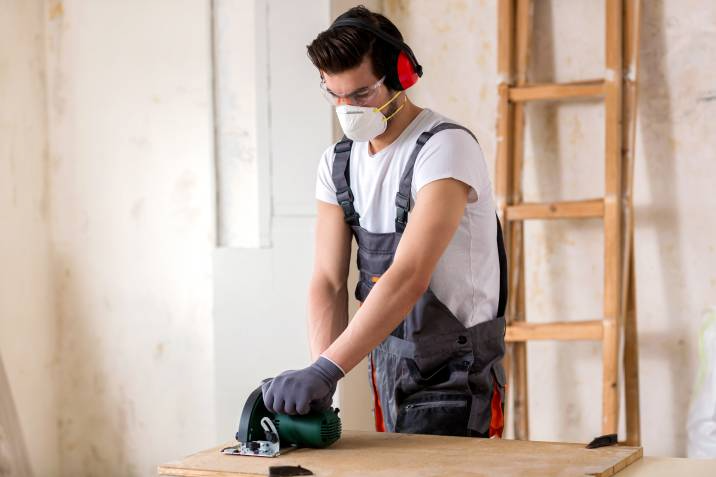
While each state follows its own laws regarding handyman licenses, the general process to acquire one is the same.
Step 1: Identify the type of handyman service/s you want to provide.
While a handyman is expected to possess a range of skills that get various jobs done, you should identify which professional services you plan to offer. In most states, this will dictate what type of license/s you will apply for.
A lot of the jobs either require a handyman to repair, install, refurbish, or maintain structures on a property. You may want to keep your service scope broad if you want to increase your chances of attracting more clients. On the other hand, you can also concentrate on a few or just one specialization and grow into an expert in your chosen service.
Step 2: Look up your area’s handyman licensing requirements.
First, check for any state-level license prerequisites by visiting your State Board of Contractors. Find your local agency’s contact. If you plan to offer multiple handyman services, it’s best to consult with them about whether you’ll need more than one license.
Once you have all relevant information from the state, research any city-level license regulations. At this point, you can reach out to a local handyman association for more guidance.
Step 3: Prepare for fees and necessary paperwork.
So, what exactly will you need to acquire a handyman license? Here’s a rundown of the basics:
An extensive summary of your handyman experience
Funds to enroll in training classes, pay for exams, and pay for the license application fee
Down the line, you might have to secure handyman insurance
Step 4: Undergo professional handyman training.
Enroll in relevant handyman training courses at your region’s trade school, handyman association, or community college. You may have to attend practical training classes where you can hone your handyman work credentials with the guidance of licensed trainers.
Step 5: Take your licensing exam (if needed).
Contact your State Board of Contractors and get a schedule for your exam. This will cover everything you learned from your handyman classes, including topics such as local building codes, safety regulations, handyman skills and techniques, and more.
Don’t forget to bring your handyman training certificate and other paperwork, which must be announced by your local board before exam day.
Step 6: Apply for your handyman license.
After passing the exam, submit your application form and necessary documents to the State Board of Contractors to get your handyman license processed.
Bonus Step: Get further training and earn certifications to boost your credibility
A license will make your operation legitimate, but what you do after acquiring one will make you an expert. Continue honing your skills by taking up additional up-to-date training or enrolling in online courses to gain certifications. Having these qualifications under your belt will give you a competitive edge, potentially landing you bigger projects in the future.
Read also: How to get more handyman work and earn more |
Handyman license requirements in different states

In this section, we will go through the requirements for a couple of key US states with varying laws when it comes to handyman licenses.
Texas
Does Texas have a handyman license? On a state level, no. However, citywide requirements do exist, and specialty trades like plumbing and aircon repair will most likely need a license in Texas.
So, what can a handyman do without a license? Quite a lot, actually. Some examples are:
Window repair/installation
Interior/exterior home painting
Fence installation
Door/door lock repair
Small furniture installation/building
As long as the job involves common repairs and design changes only, then there shouldn’t be any problem. But it’s best to consult with your state board and local association just to be sure.
Florida
In Florida, the need for a handyman license depends on the type of work to be done. Minor, non-structural projects won’t require a license. Meanwhile, if the job involves structural modifications like renovation or building a new room, only a licensed handyman can do it.
Prerequisites to get a Floridian handyman license include:
Four years of experience as a handyman, documented on paper
Passing grade on the statewide handyman licensing exam
A general liability insurance
A worker’s compensation insurance
Apply here: Florida Department of Business and Professional Regulation
Georgia
Project costs are a big factor in determining whether you need a handyman license in Georgia. A project worth $1,999 will be fine proceeding without a license. The moment that amount hits $2,000, then a Residential Basic Contractor License will be needed.
To secure this, you’ll need the following:
Two years of experience as a handyman, documented on paper
Passing scores in trade, business, and law exams
A general liability insurance
A worker’s compensation insurance
More information: Georgia State Licensing Board for Residential and General Contractors
Missouri
Aside from possible local regulations, the state of Missouri does not regulate or issue state-wide licenses to handymen. Check with your municipality instead.
Learn more from this guide: 12 Profitable handyman skills you can quickly learn |
Upskill and get more handyman jobs
Getting a handyman license may sound like hard work, but in the end, it’ll all be worth it. Regardless, both licensed and aspiring handymen looking to gain more experience can get jobs, build a reputation through customer reviews, and earn money on Airtasker. Plenty of handyman jobs await you. Become a Tasker today!
Related articles

How to Soundproof a Room
Read more
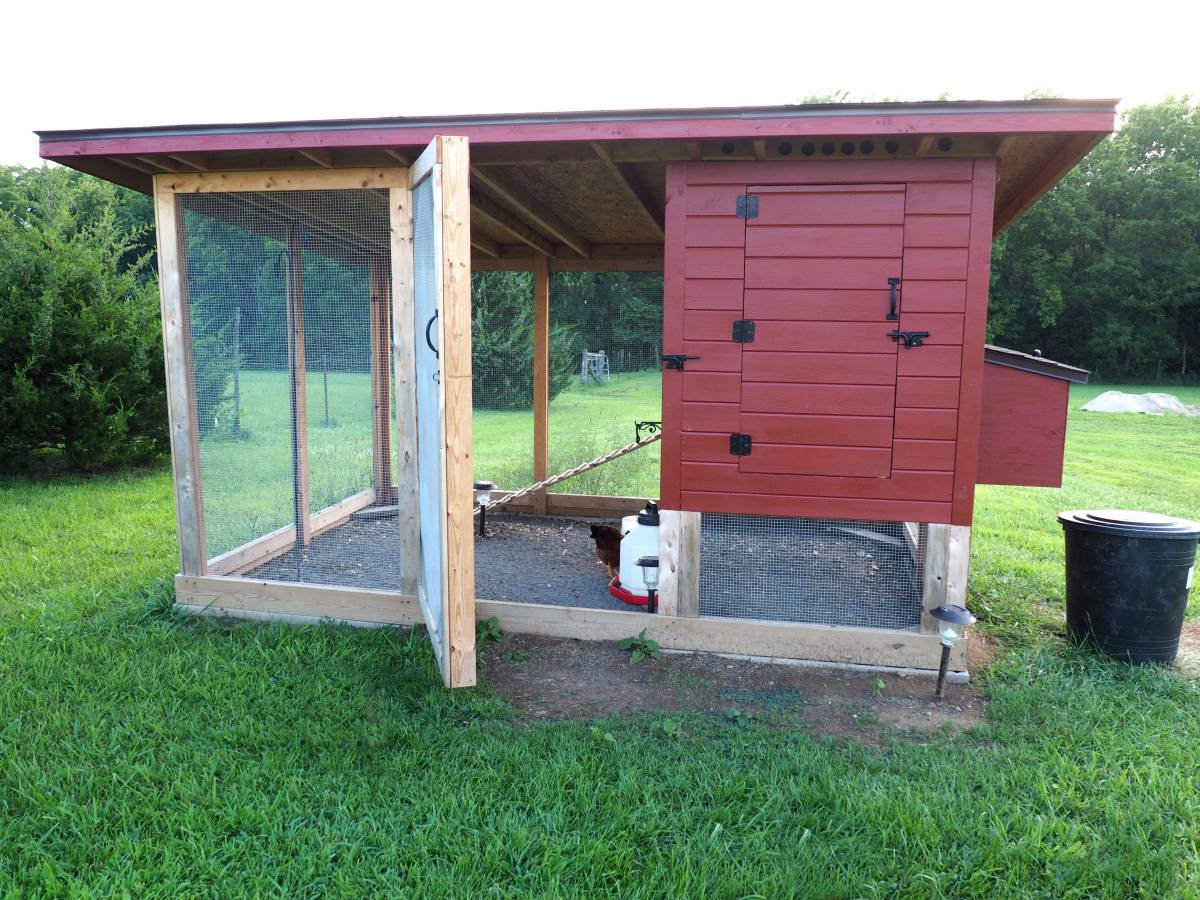
How to fox proof your chicken coop
Read more

How to install curtain rods
Read more
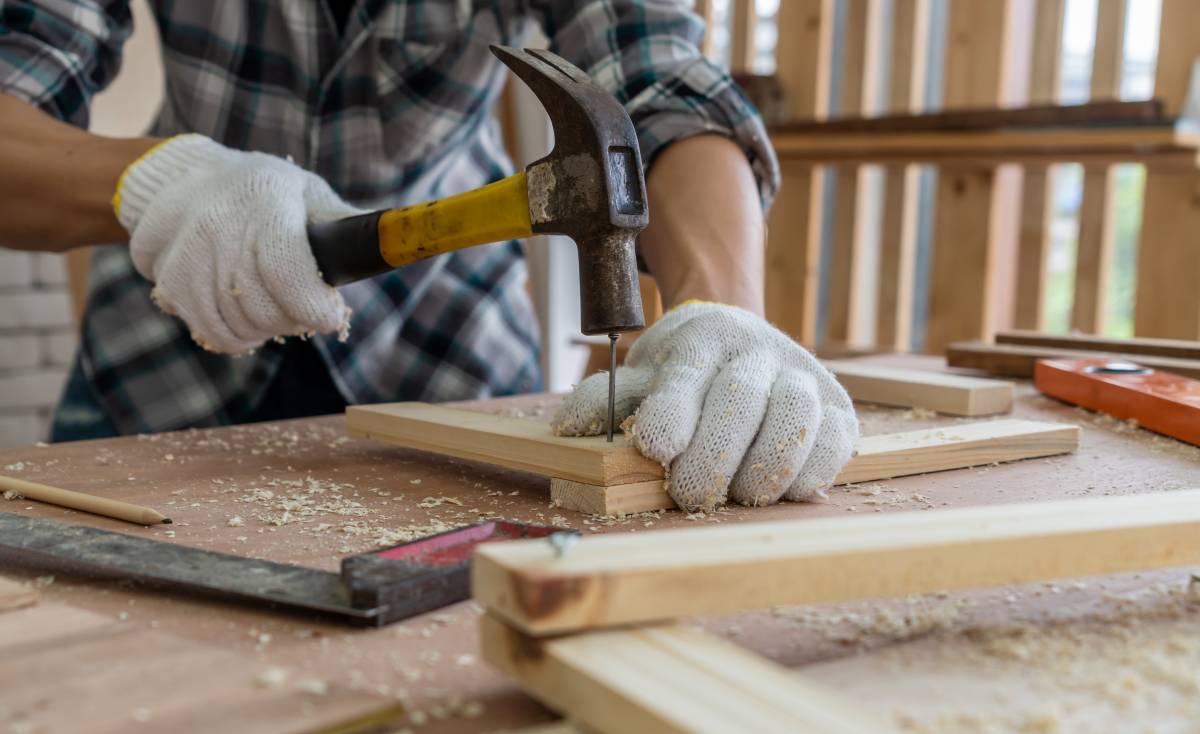
Best blue-collar jobs on Airtasker
Read more
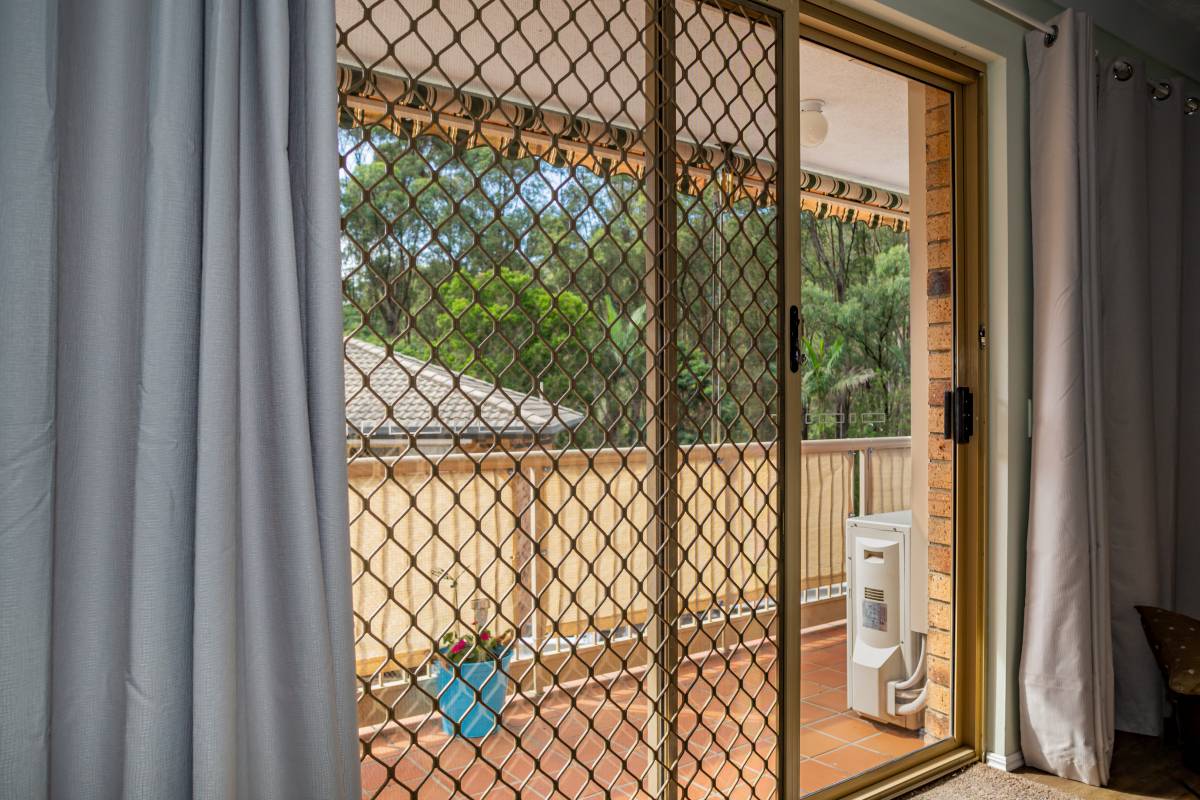
Install a screen door in 6 steps
Read more
Related price guides
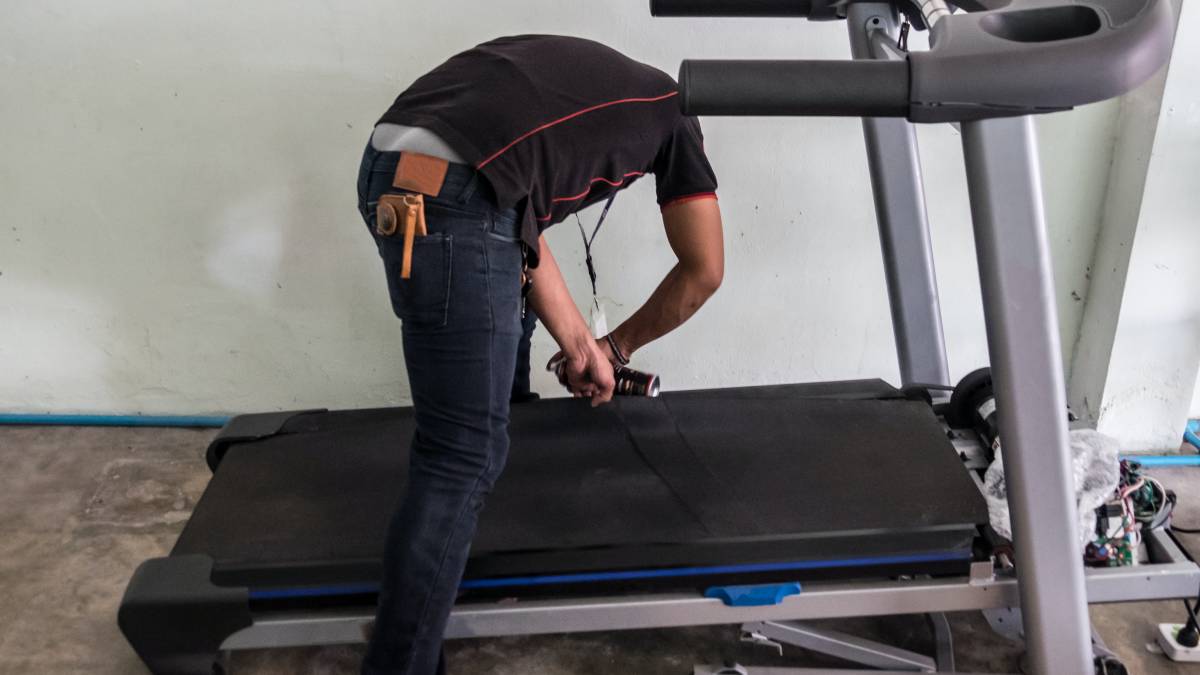
How much does treadmill repair cost?
Read more

How much does clock repair cost?
Read more

How much does hot tub repair cost?
Read more
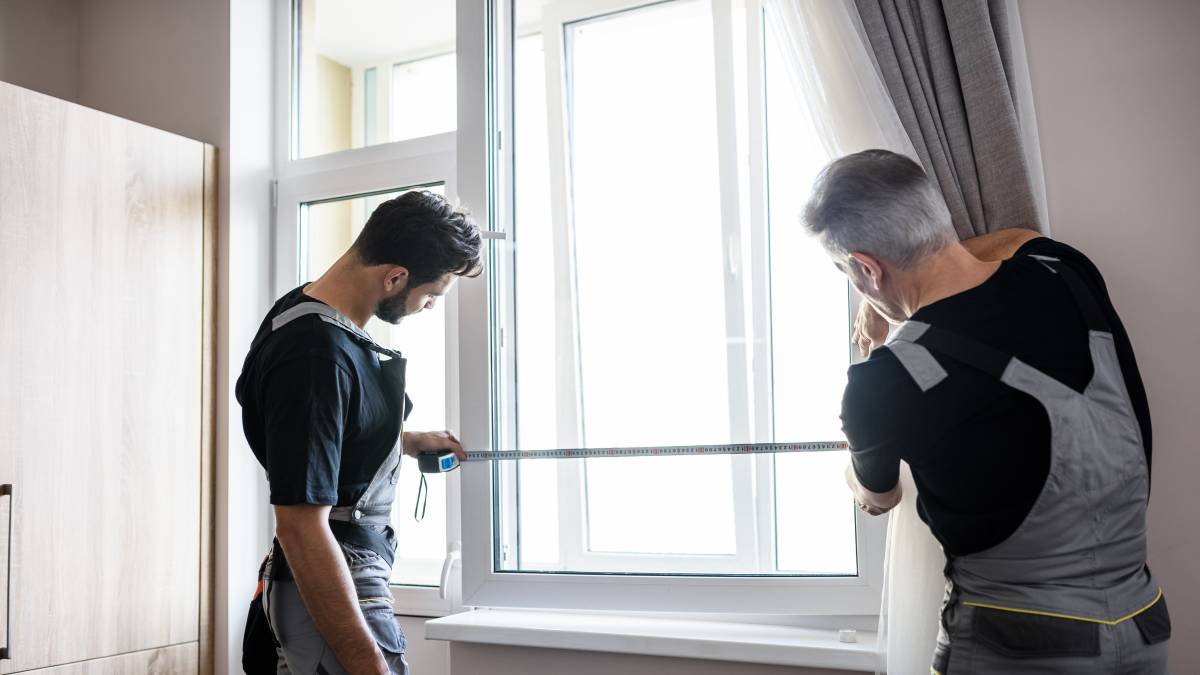
How much do roman blinds cost?
Read more

How much does a sunroom cost?
Read more

How much does shed roof repair cost?
Read more
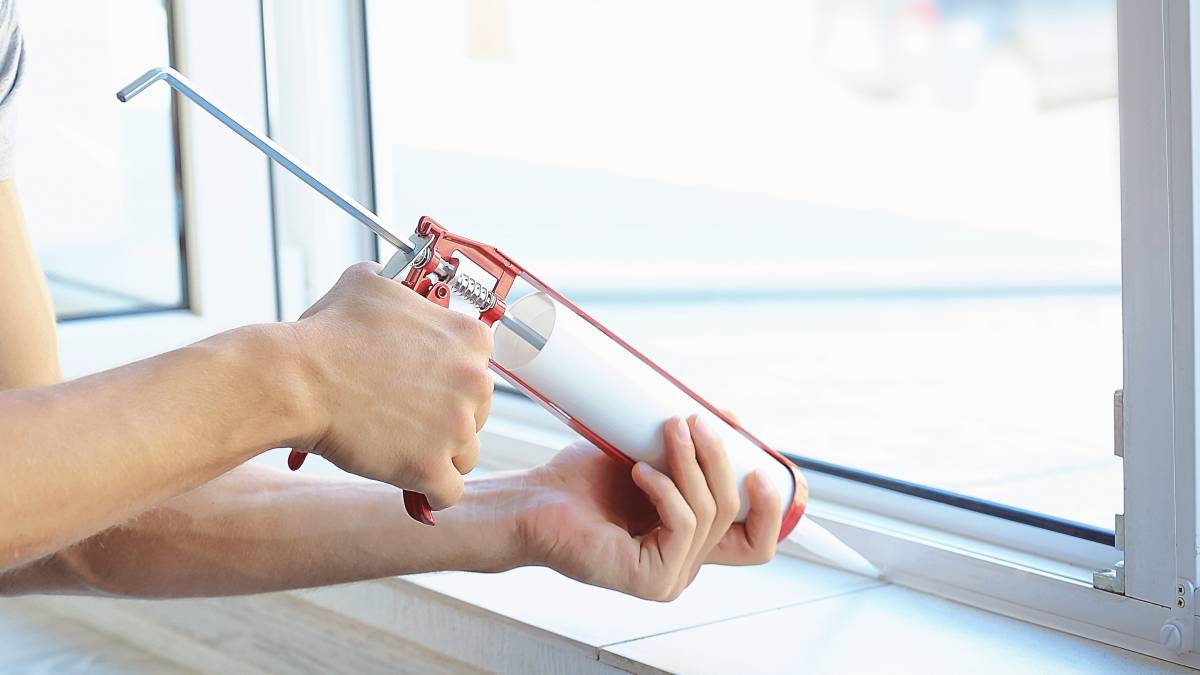
How much does window repair cost?
Read more

How much does signage cost?
Read more
